ACADEMIC REFLECTION REPORT
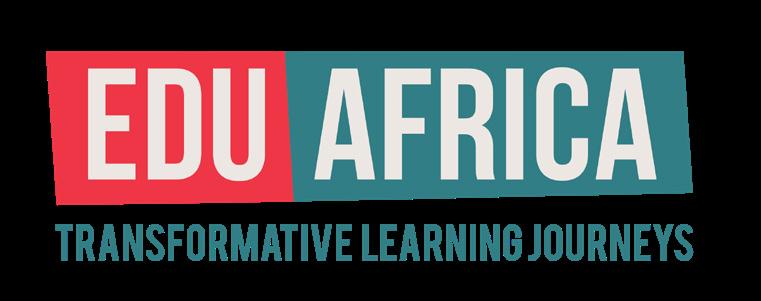
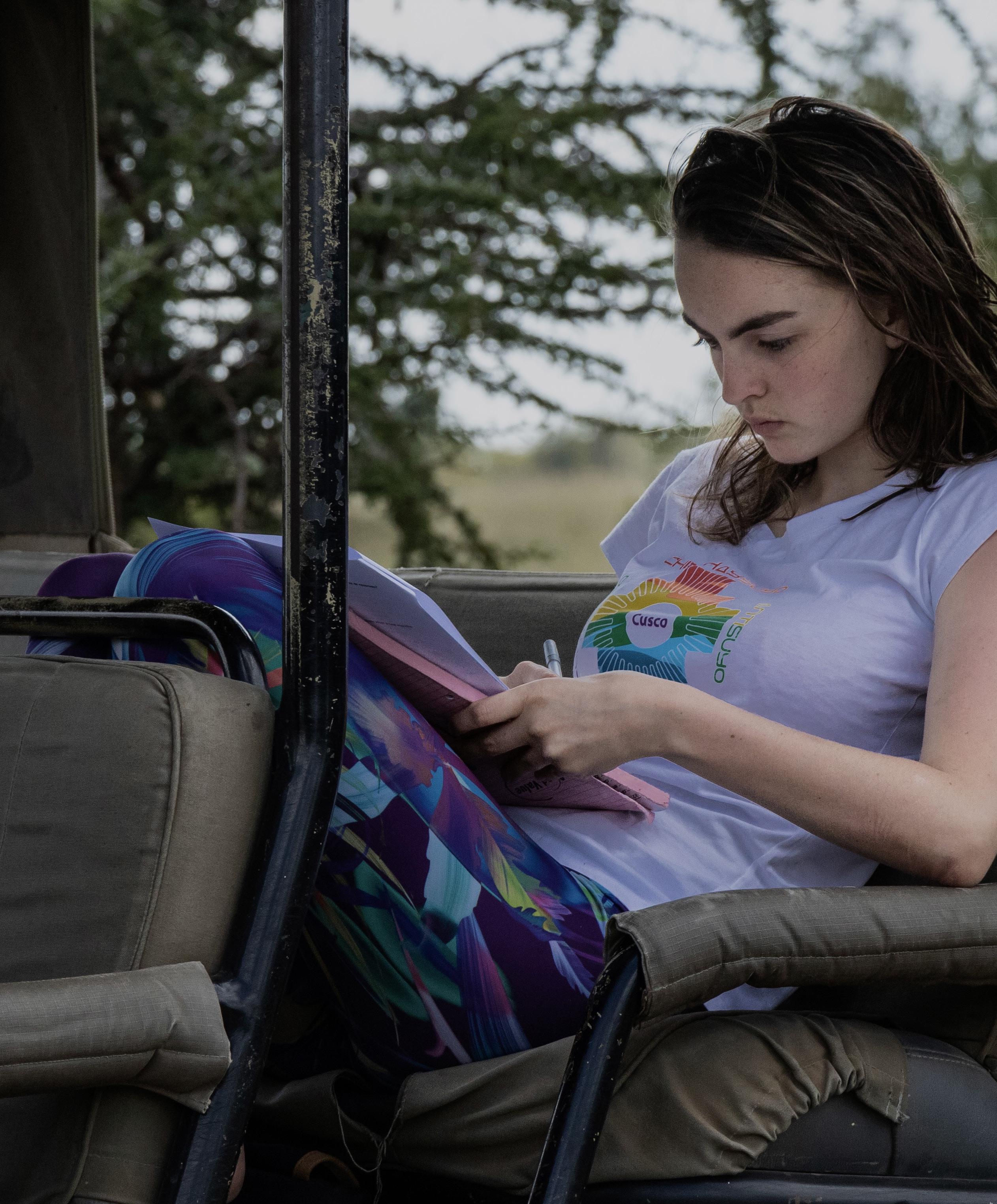
2022
believe in the complexity of the human story, and that there’s no way you can tell that story in one way and say, ‘this is it.’ Always there will be someone who can tell it differently depending on where they are standing … this is the way I think the world’s stories should be told: from many different perspectives.”
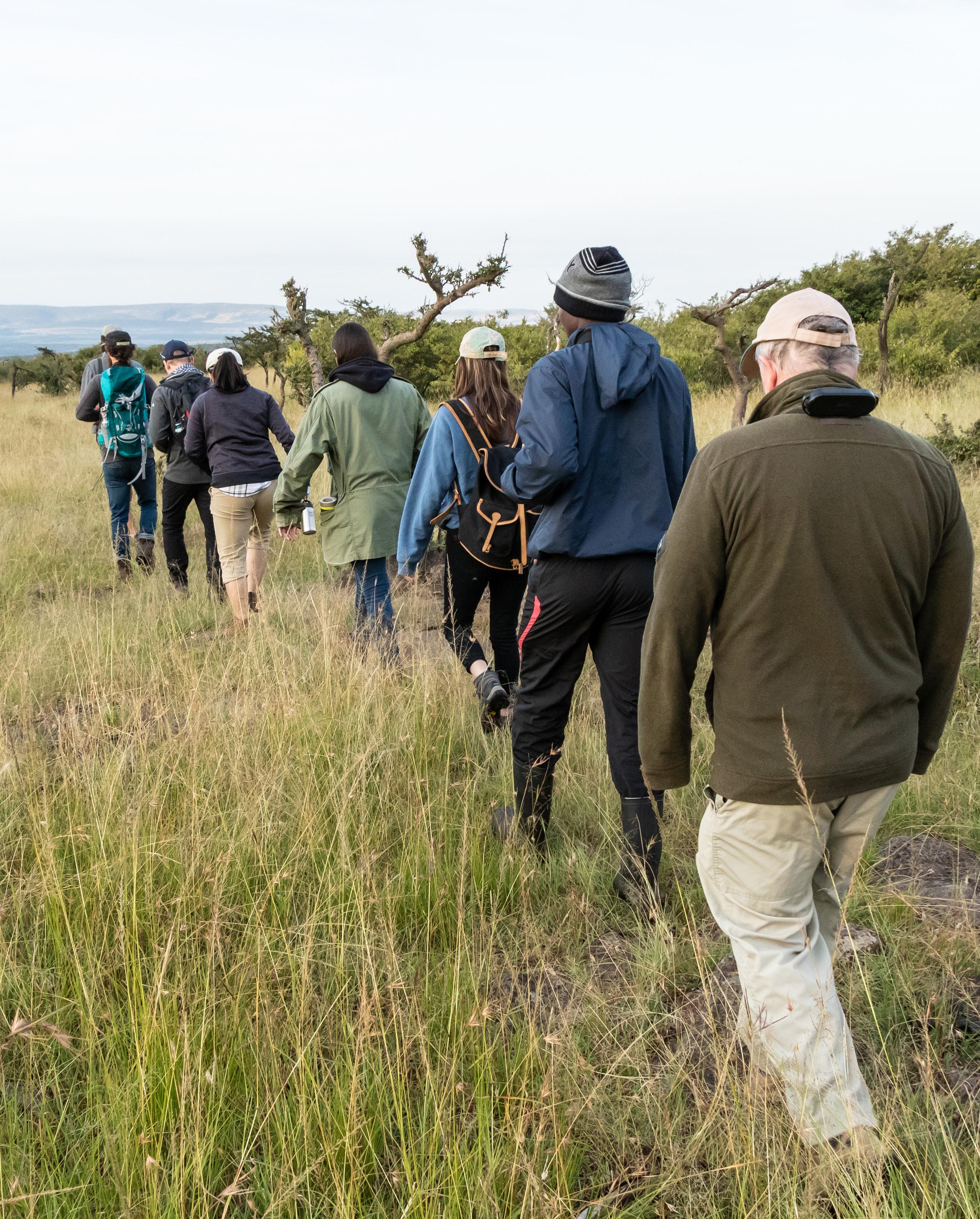 — Chinua Achebe
— Chinua Achebe
“I
CONTENTS INTRODUCTION 1 TRANSFORMATION RESULTS 2 INFOGRAPHIC OF OTHER PERTINENT DATA 4 SCHOOLS APPROACH 5 program designers’ reflections 6 OPERATIONS REFLECTIONS 12 PROGRAM LEADER REFLECTIONS 19 STUDENT REFLECTIONS 21 ISA ECOLOGY IN KENYA REFLECTIONS 24 COMMUNITY PARTNER WORK REFLECTIONS 28 INTERNATIONAL EDUCATION PARTNERSHIP WITH THE WILDLIFE TOURISM COLLEGE OF MAASAI MARA 32 SUSTAINABILITY IMPACT REFLECTIONS 34 A STUDY EXAMINING VIRTUAL PEER LEARNING EXPERIENCES IN AFRICA 38
introduction
Heidi Barends
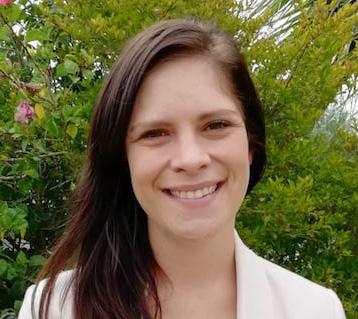 Academic Director
Academic Director
As 2022 draws to a close, it is imperative to ponder our year in review. Emerging from the throes of the COVID-19 era, the volume of programs that ran this year is almost unimaginable -- miraculous, even, when one thinks of lockdowns and isolation and how the landscape(s) of not only education, but the world, have shifted.
This academic reflection report is a testament to EDU Africa’s continued commitment to offering transformative experiences in Africa, whether virtually or in person, and the impact these experiences have on those who journey with us. It is also a portrayal of our own transformations, as a team, and the important lessons we have learned over the past year.
Within this report, we have included a variety of reflections from various perspectives. The report starts with an overview of our transformation results for 2022, including graphic depictions of noteworthy data. We then turn to reflections from our various program designers, operations team, facilitators, and clients (program leaders and students).
We have also included reflections on our Ecology in Kenya Individual Study Abroad (ISA) program
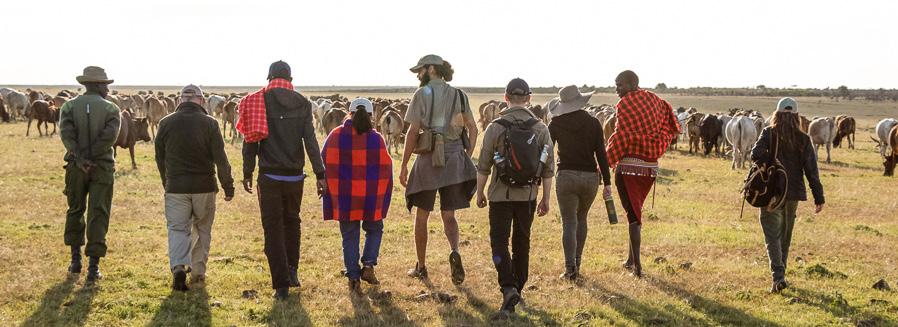
(our long-standing annual 4-week individual student program), our community partner engagements, and our sustainability efforts through our partner donations this year.
We’re excited to report on our academic conference contributions for the first time, as well as the Master’s research on global north-south virtual exchanges that EDU Africa’s Managing Director and Founder, Barry Rawlings, undertook this year.
We hope you enjoy reading about our journey this year and reflecting with us on the academic achievements of 2022.
1.
Transformation Results
Higher Ed
EDU Africa’s transformation philosophy is underpinned by the belief that international engagement is a catalyst for deep perspective change(s). Our five transformation goals - Intercultural Competence, Global Citizenship, Personal Growth, Intellectual Growth, and Professional Development - are all built into our programs and encouraged by means of carefully selected activities and curated reflection practices.
In 2022, we recorded 230 valid pre- and post-test questionnaire responses, amassing a wealth of information with regard to the level of transformation occurring in our programs. The questionnaires utilize both qualitative and quantitative questions and are split among our five goal categories. Participants measure themselves at the start of the program, and again at the end, and the movement - whether growth or regression, is charted from start to finish.
Below is a graph summary of all the responses across our programs:
1. 2. 11.2% INTELLECTUAL GROWTH 14.1% PROFESSIONAL DEVELOPMENT 12.5% TOTAL 13.1% INTERCULTURAL COMPETENCE 13.1% GLOBAL CITIZENSHIP 11% PERSONAL GROWTH Summary of total transformation
transformation according to program type
Intercultural Competence
Global Citizenship
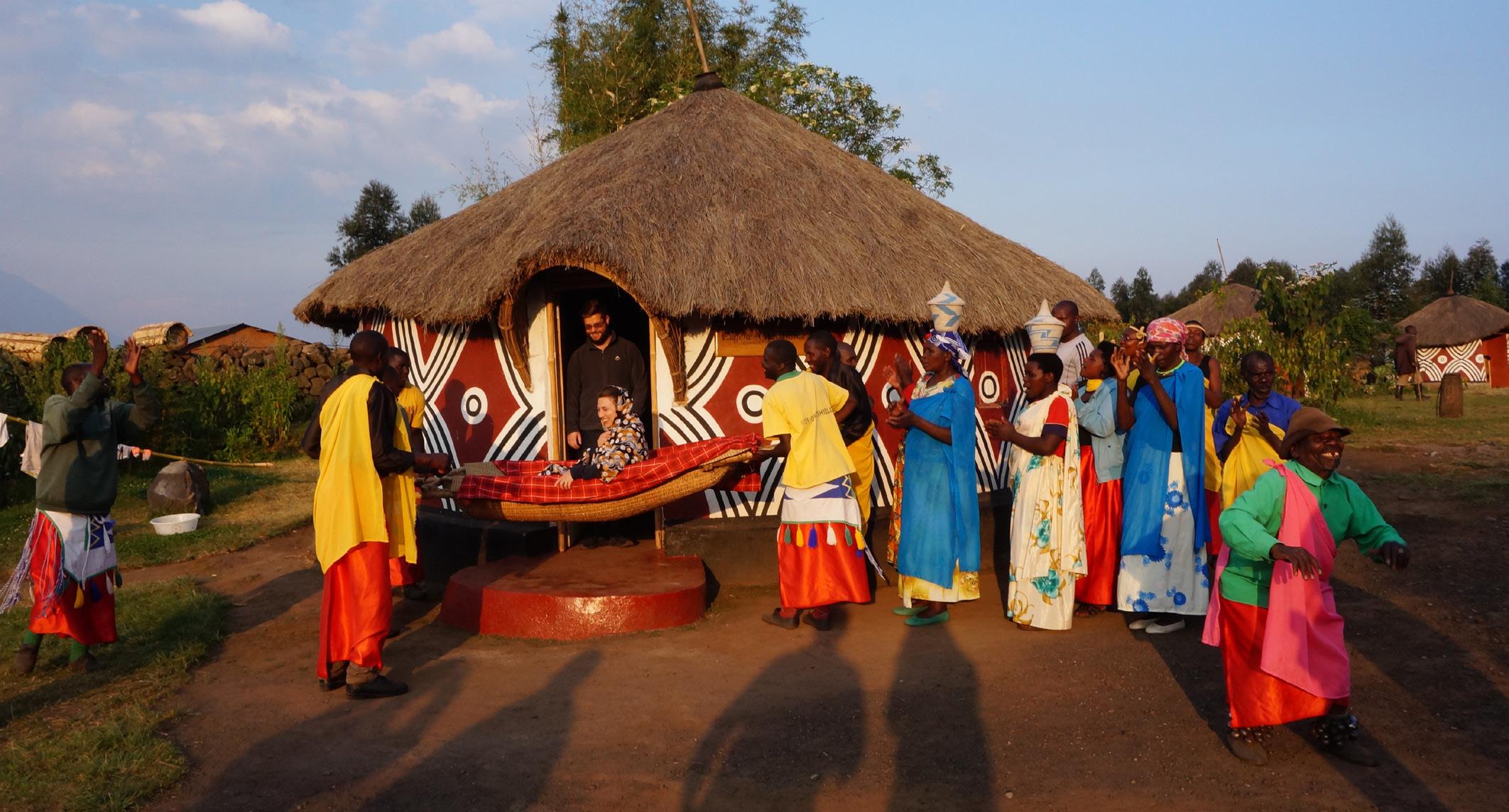
Personal Growth
Intellectual Growth Personal Development TOTAL
We used the total transformation data to highlight specific trends and areas of interest, for example, transformation according to program type, as in the graph below: 0 5 10 15 20
IN-COUNTRY (78)
VIRTUAL EXCHANGE (73)
ISA (3)
HYBRID (22)
3.
INFOGRAPHIC OF OTHER PERTINENT DATA
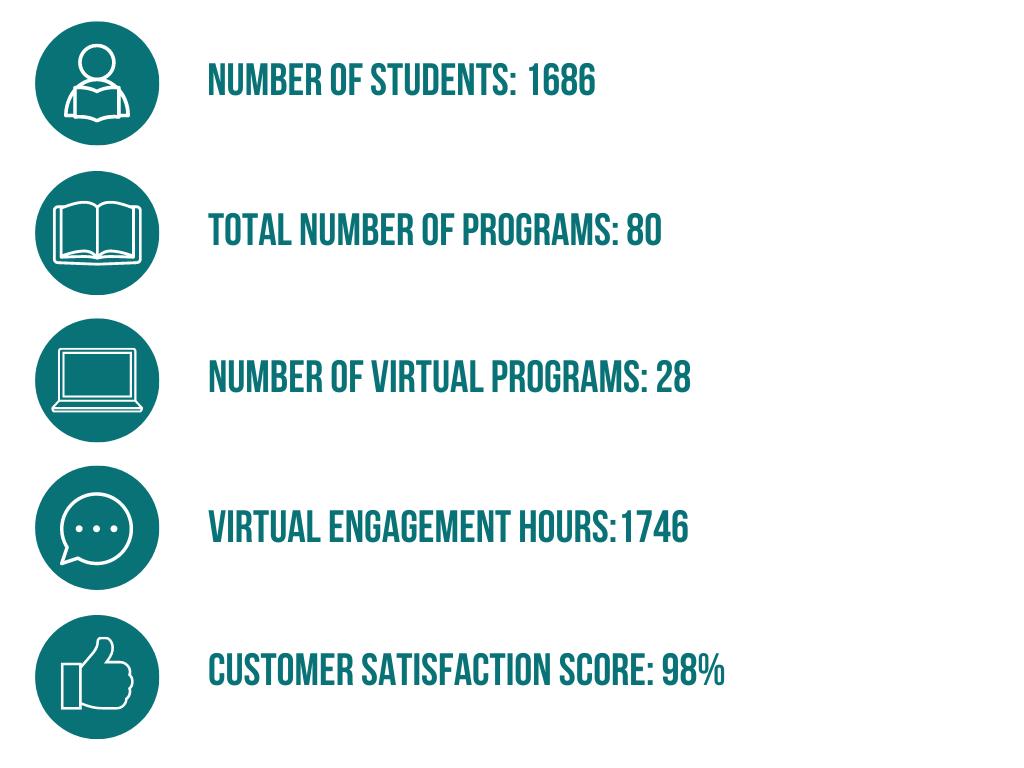
4.
2. 4.
3. Schools Approach
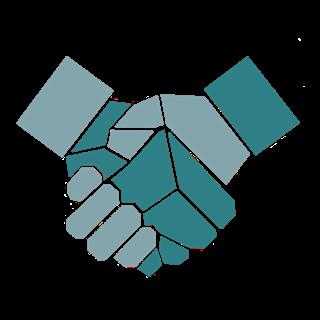
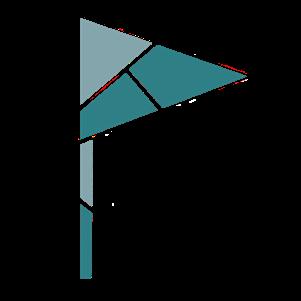
Recognizing that the Transformation Philosophy espoused for Higher Education programs did not best serve middle-high school level learners, EDU Africa reimagined its school programming approach in 2022. As such, we welcomed Levina Wentzel as our new schools approach champion. Levina is a school teacher by training, with nearly a decade of experience teaching various curricula. We will officially be launching our schools approach on 30 March 2023, but are excited to share the following with you in the meantime:
Our definition of transformation for schools
Transformation in our schools programs refers to an augmenting of perspective(s) that can result from venturing outside of one’s comfort zone (whether in-country or virtually).
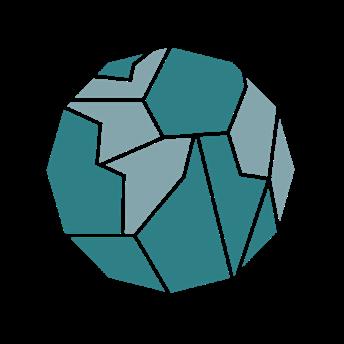
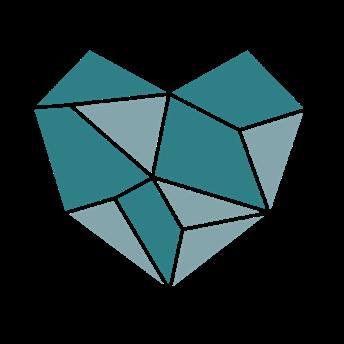
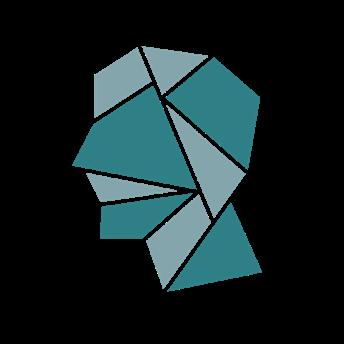
Our transformative learning goals for schools

LEADERSHIP PERSONAL
COLLABORATION GLOBAL CITIZENSHIP
INTERCULTURAL COMPETENCE
GROWTH
Program Designers’ Reflections
EDU Africa’s program designers are at the heart of curating our transformative learning journeys. They are situated across the continent in our various offices but operate very much as a continental team.



Our program design team experienced immense growth this year. In South Africa, we said goodbye to David Fisher, a long-standing treasured member of the EDU Africa team, who left to pursue a personal business project. We also said goodbye to Lorna Juma, a member of our East Africa team, who is pursuing academic work with the Mandela Rhodes Foundation. Excitingly, we welcomed several new program designers on board - Jacqueline Irimu in Kenya, Candice Soupen and Levina Wentzel in South Africa, and Esther Banda in Zimbabwe. They joined our seasoned program designers, Desiree Haakenson, Nicole Mostert, and Roseanne Kinyua in completing our team. Reflections on programming in 2022 (from the seasoned designers) and on joining the field (from the new team additions) are included below.
We asked our seasoned Program Designers: • What were your notable learnings with regards to program design in 2022?
What challenged you?
Excited you?
Kept you going?
4.
6.
•
•
•
Nicole Mostert

Program design in 2022 felt like a new season. The world was opening up for in-country travel again and yet Virtual Programiing (VE) is still an important form of engagement for many institutions.
With in-country programming, the challenge was to maintain the quality of interactions while being aware of the COVID-19 protocols. For virtual programming, the challenge was using resources in the most effective way. It was a great asset to have 60,000 hours of VE programming at EDU Africa, a vast amount of experience among our team, and a database of resources to choose from. This gave us the ability to adapt our programming to the particular needs, interests, and learning styles of the students. Sometimes, these learning styles could only be fully known as interaction with the students began, following which adaptations could then be made.


The most exciting part of programming for me this year was the transformation that we saw. Our programming is focused on student transformation and it is a privilege to hear a student reflect on how they changed because of their experiences. In addition to student transformation, I was inspired by the transformation that was witnessed among local contributors. Many of our local contributors do remarkable work in their fields and impact their communities immensely. However, our programs are sometimes the first time they have the opportunity to share their work with a larger international audience. I have heard several contributors comment on the impact of EDU Africa’s programming in their transformation. They say they have grown in confidence, realized the application of their work at a global level, and recognized new contexts in which their work can be used. Seeing the transformation of students and contributors in each program we designed was my motivation. The joy of being a part of such a powerful experience inspired me to continue designing programs that enable transformation.

Roseanne Kinyua

This year was both challenging and exciting -- with study abroad returning, I was challenged to not just repeat what we’ve always done, but to keep programs fresh and new (be innovative). I was constantly on the lookout for alternative activity options, and ways that I could make programs unique, even if programming for a repeat client. I approached this differently for each program -- for example, for some, I sought out to find different partners for practical work; for others, I sought alternative experiences and locations. The landscape in Kenya changed quite dramatically post-COVID-19 because some places had closed down as a result of the pandemic. This further necessitated the need to source new accessibilities without compromising learning outcomes.
I was lucky enough to join some student programs on the ground this year, which I found very enriching. It was exciting to see first-hand how students ‘take it all in’ during the programs we design. Interacting with students, seeing them take concepts in, and viewing things through their eyes, was very inspiring. Additionally, having direct contact with students and receiving their feedback while a program was ongoing was helpful for me as I will be able to integrate these experiences into my programming for 2023/2024.
Desiree Haakonsen

Designing programs for 2022 was emotionally and mentally challenging because COVID-19 took such a heavy toll on the industry. It was hard to stay positive after so many canceled and postponed programs. When designing programs for this year, it was a challenge to stay motivated and creative due to not knowing if anything would materialize, which suppliers would still be around, how COVID-19 protocols would affect the in-person experience, if everything would be canceled after all the effort was made to get plans in place, etc. Everything was last minute and the stress to deliver what was on paper was high, especially with a limited team, no program coordination support in South Africa, facilitators going through new training on reflections, working in a new region (Zimbabwe’s Saint Petersburg College program), and the inclusion of many first-time experiences with people/organizations that I had never worked with in-country before.
What kept me going was seeing people face-to-face again, the way our facilitators took on their roles, and every bit of positive feedback from students and faculty on the ground. Hearing JB Gammon’s comments on how well the Central Piedmont Community College program was designed was a huge encouragement. He noticed the way in which their journey was carefully curated so that students could learn the history, challenges, successes, and modern lived experiences of people from different cultures and backgrounds in South Africa step-by-step. This was very motivating as it showed the value of all the design strategies that we have learned and practiced over the last few yearsthank you, Heidi!
The University of Pittsburgh faculty shared how their program with us was their best-run program in South Africa yet, and how much they valued all the engagements we included - not only the company visits, but the very deep and authentic conversations with the likes of Barry at Ubuhle Bakhe Ubuhle, and the meaningful connections with the students from the University of Johannesburg and the Cape Peninsula University of Technology who participated in their program.
8.
We asked our new Program Designers:
•
•
Jacqueline Irimu
Joined May 2022
Looking back, I have always been engaged in educational forums or learning platforms. I have engaged with young children and enriched their lives through formal teaching and applicable art and craft activities. This is a passion that I invested in through my tertiary education. At university, I took part in the ‘Trainer of Trainees’ program and I was tasked with educating people from low socioeconomic backgrounds on financial literacy, good health and well-being, and privacy in the household. I can not recall a time in my life when I was not involved in education or learning.
I was drawn to the field of education because it was an opportunity to establish new connections with different people from different backgrounds and meet new people who share similar interests, passions, and desires to mine. The field of international education has broadened my perspective on how each country across the world has something to learn from. I derived much value from learning the difference between Faculty-led programs, Individual Study Abroad programs, etc. Through my work in program design, I have come to understand that education should support and strive for the creation of equal opportunities, strike a balance between faculty requests and what is feasible in the destination country, and honor underrepresented groups. I feel that I have found a place of belonging within international education, and EDU Africa specifically.
When I started my role in international education at EDU Africa it was a turning point for me because together with program leaders, I was to be responsible for providing and creating appropriate international academic endeavors within students’ fields of study. I received ample training and continuous motivation and mentorship from my colleagues. This was truly inspiring and different from what I had experienced in my previous employment spaces.
The moment I began writing proposals and becoming proficient in our transformational goals, I became more excited to come to work, to be a part of the journey, and to be part of the EDU Africa family. What excites me most in this role is the fact that I am making a positive contribution to the global society and when at work I never stop learning. I am also thrilled that my role encourages all participants who undertake our programs to experience a transformative learning experience during their time in Africa. Recently, I was able to meet with faculty who were thrilled with our proposals and they portrayed such sincere gratitude for the work we put together; this made me truly happy to be a program designer.
Candice Soupen
Joined August 2022
What drew me to this role was the fact that I would be designing study material. I really enjoy reading and putting together learning resources. I also enjoy traveling and I wholly believe that study abroad programs provide amazing learning platforms for people. When I saw this opportunity I was excited because it meant that I could follow both my passions.
In my previous educational role, I sometimes found it challenging to build curricula and programs on topics that I had never studied before (such as building a cybersecurity program for Ph.D. students). I found this challenging because I had to learn, in-depth, about this topic while also building a course for students. Another challenge I had in my previous role as a school leader was that I was in charge of our school’s isiXhosa curriculum, which at the time was non-existent. As a result, I also had to learn isiXhosa so that I could start building a curriculum for our scholars. Although I did enjoy learning in both of the above-mentioned situations, I did feel immense pressure from time to time due to the extremely fast pace that I was required to digest the learning materials.
What excites me about international education is the opportunity to learn from different cultures around the world. I am also very happy that we get to showcase our beautiful country and our cultures to others around the world. I truly believe that South Africa holds a wealth of knowledge and this should be shared with those around us. I am also thrilled to see how universities around the world operate and hope to learn from them too.
What drew you to this field this year?
What challenged you in your previous educational roles this past year?
• What are you most excited about with regard to international education
9.
Esther Banda

Joined September 2022
I joined EDU Africa this year as I wanted to get away from the physical/active type of learning I was doing in the corporate training field and focus more on intellectual growth and academic learning. I was also interested in challenging myself by spending more time creating learning experiences for others, rather than being on the delivery end. In my role, many different approaches are used to address teaching subjects. I am excited to learn through researching and crafting programs based on the different needs and desired outcomes given to me, as well as be a part of the process of sharing those methods by creating opportunities for international teachers and learners to share ideas and learn from others.
Levina Wentzel
Joined September 2022
I have traveled to various countries and always enjoyed planning and setting out the itineraries for those trips. Having practiced as a teacher for more than nine years, when I saw the vacancy post for the position of Schools Program Designer, I thought it was the perfect combination of two things I love - travel and education. In my previous role as a teacher, I felt that the greatest challenge was the lack of support from the senior management team to help teachers manage their intense workloads. We were told not to expect a good work-life balance and that was left as that. However, in my new role, I am very excited about planning meaningful and life-altering learning experiences for international students.
most transformative program
George Brown College Virtual Community Worker Internship
-Nicole Mostert
The most educationally enriching and transformative program I ran this year was the George Brown College Virtual Community Worker Internship. It ran for 14 weeks and each week included three hours of synchronous programming and seven hours of asynchronous programming. The 20 George Brown College Community Worker students were all based in Toronto, Canada, but many had moved to Canada from different countries of origin which made for a very interesting cross-cultural experience and rich discussions. Some of their home countries included: Barbados, Mexico, Italy, India, Nigeria, Uganda, Morocco, Pakistan, Iraq, and Jamaica.
The students were placed with the Young Men’s Christian Association (YMCA) in Athlone, Cape Town, and tasked with working with the Community Workers to share knowledge and help develop the new YJustice program at the center. The YJustice program works with youth in the Athlone area who have been in trouble with the law or have been identified as being vulnerable and lacking support structures.
concepts and how they would apply to their own context in Canada. Every second week, the students participated in a reflection session where they were asked questions about the internship experience and what they were learning about themselves, their professions, and the world. Their seven hours of asynchronous work were focused on individual research or group projects to support their engagement with the YMCA the following week.
“Throughout my life, I have struggled to communicate and socialize with others, but this program has made it easier, and I believe I have not only overcome these obstacles, but also used them to grow as a person. So far, this journey has transformed me. EDU Africa has made me a better person by teaching me to be more responsible when it comes to getting things done, being respectful, kind, unique, and understanding, and aspiring to grow and empower others. A vibrant environment, such as EDU Africa, is dedicated to bringing out the best in you and making decisions that will aid in the greatest affirmation of your incredible journey.”
- Namitha Subhash
They spent an hour and a half each week with the YMCA Community Workers and another one and a half hours engaging with a South African professional working in the community field. In their engagement with the YMCA they researched global youth programs, worked on developing the YJustice program, developed social entrepreneurship proposals for the YMCA, and presented workshops to the youth on key issues such as diversity and stress management.
The weekly professional engagements were created to assist the interns to understand the context in which they were working in Athlone. The professional would talk about their area of expertise and then the interns would have an opportunity to break into small groups to discuss the
- Aj Kamalanathan
By way of orientation, the students participated in our EDU Africa ethical community engagement and intercultural competence sessions. They internalized the perspectives and skills taught in these sessions and the effect of this could be seen in their weekly engagements. They were ready to learn and ask questions before offering advice and they honored the work of the YMCA and local professionals in each interaction. Their curiosity and respect were commented on by several contributors. The highest transformation scores were 10.7 for Intercultural Competence and 10.9 for Professional Development. The students’ feedback at the end of the program showed that the internship was a turning point in many of their lives.
The transformation didn’t end there. When speaking to the YMCA Youth Development Programmes Manager, he had tears in his eyes as he talked about the impact of the program on him personally and the YMCA as a whole. He said that through this program, he had developed confidence in using his skills with people outside of the South African context and realized that he had a lot to share with the international realm. The program had opened his eyes to new possibilities in his own life. The YMCA applied many of the suggestions made by the students during the internship and the YJustice program is stronger as a result. It was such a privilege to be part of a program that impacted a community in Cape Town and transformed lives around the world!
11.
“EDU Africa is key to my development as a person and community worker. To learn about South Africa, its issues, its solutions, and approach is a great learning experience, and a chance to see we are similar and different at the same time. The passion of those doing this sort of work in South Africa will always resonate with me. I will not forget the experiences, interactions, and learnings EDU Africa has afforded me. It has helped my growth and I think it is the best experience I could have had for my placement. The variety and degrees of learning paired with the dynamic style of teaching - such a rich learning experience.”
5. Operations Reflections
Adrian Maarschalk
Operations Director
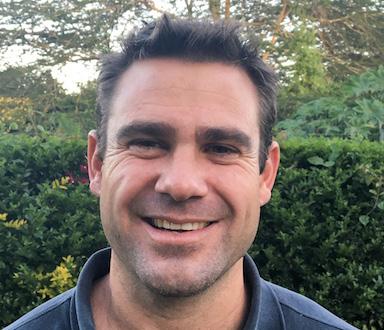
2022 has been a great “come back” year for EDU Africa where we’ve seen a positive movement towards what has historically been considered normal in terms of groups on the ground. We are not there yet but heading in the right direction. In fact, 2023 looks like it will surpass 2019 - our best pre-COVID year. The forecasts are exciting but they come with a challenge for the operations team, in particular, that is, ensuring we have well-trained and equipped program facilitators and guides to effectively handle the number of groups we are expecting next year.
While there was not much in the way of in-country programming for most of 2020 and 2021, this time was not wasted. The company dived into virtual exchange (VE) programming wholeheartedly not long after the COVID-19 pandemic started causing widespread cancellations. We quickly became proficient in delivering transformative programs virtually. The operations team worked very hard to identify and train a team of freelance program facilitators (PFs) to provide support to our program designers in the facilitation of VE programs.
Running that first program facilitator training course was a really valuable experience for the operations team. It enabled us to learn what worked and what needed finessing in terms of the content of the training modules, the delivery
of the training, and surrounding processes. We are now in our third round of program facilitator training. The focus has shifted to incorporate in-country program facilitation in addition to VE program facilitation and, at this point, we have a pool of 16 fully trained freelance program facilitators and a further 14 currently in training. All learners that are enrolled in our facilitator training program go through a rigorous selection process during which we take into consideration their qualifications and work experience but also do our best to assess how well we think they will fit culturally within the wider team.
Our program facilitators and guides are the face of our very reputable brand and that, along with our genuine desire for all our participants to experience holistic transformation during their time with us, is why we place so much emphasis
12.
on the training and development of these crucial team members. A well-trained facilitator or guide who is aligned with our company values and culture is best positioned to deliver on our brand promises.
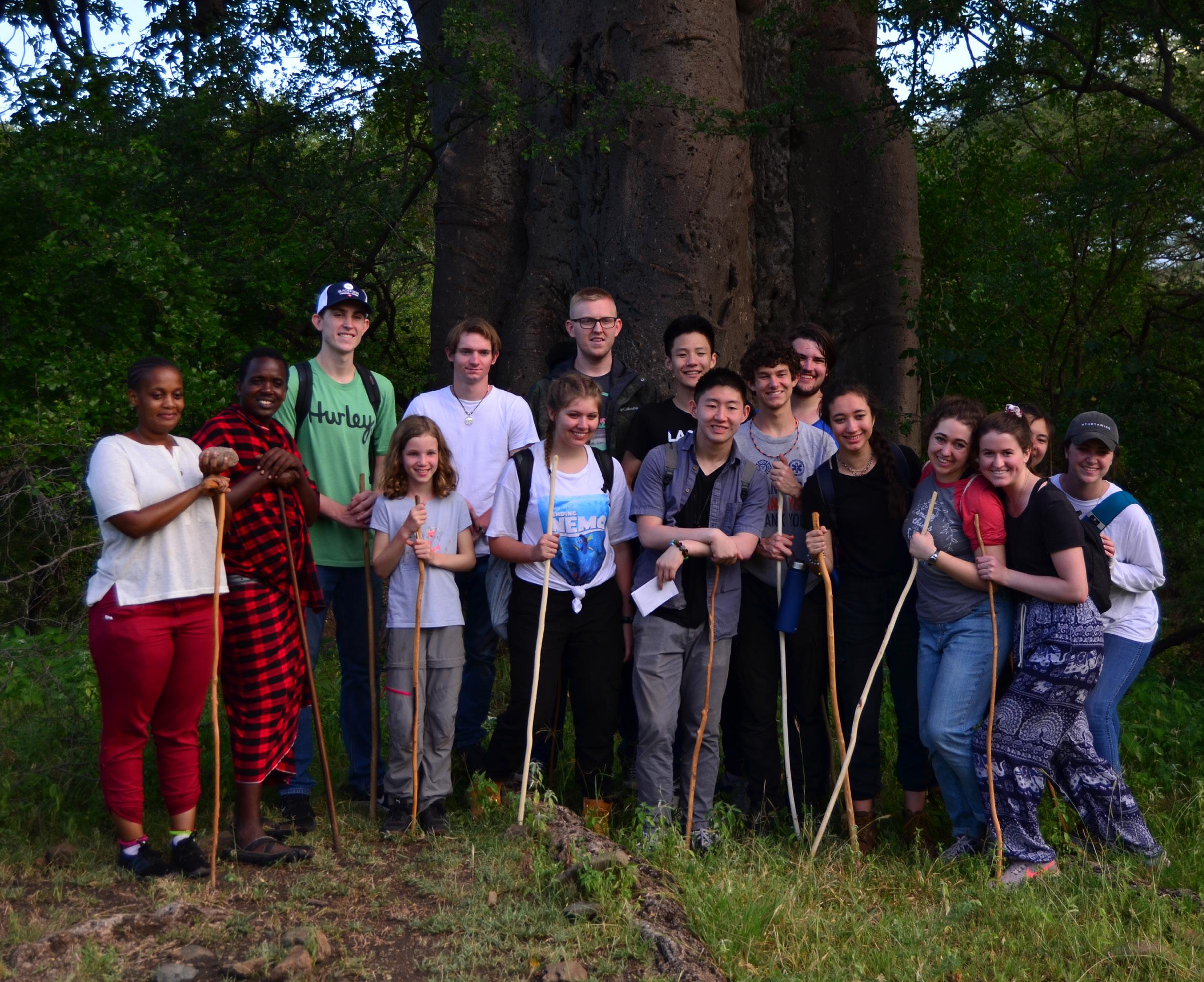
As mentioned, our big challenge in preparation for 2023 is to ensure we have a sufficient number of suitably qualified program facilitators and guides to handle the groups we are expecting next year. Our current task as an operations team has involved building a picture of these requirements. As we build this picture in close collaboration with the program design team, we are gaining a clearer understanding of where there are gaps between the number of trained facilitators and guides we have access to compared with the programs we are expecting to run. Continued close collaboration between
the operations team and the program design team is critical as the picture is not fixed and will certainly continue to evolve as time goes by. Each region has implemented a weekly program design/operations team meeting where updates are provided and information is shared with a particular focus on staffing requirements for each program. The 2023 picture continues to emerge.
Below I have included the reflections of some of our more experienced PFs. As the leader of the operations team, I am extremely proud of each of these incredible individuals and all they have accomplished during their time with us. I am equally proud of our operations team (Lincoln, Loretta, and Rutendo) who have worked tirelessly to provide training, leadership, and support to our freelance PFs and guides.
Dax Jackson
What did you learn about yourself while facilitating EDU Africa programs this year?
I realized that there are several things I’m capable of doing if I apply myself. Not just learning to facilitate, but learning to better myself as I facilitate. The personal growth aspect of things is the one that stuck with me the most.
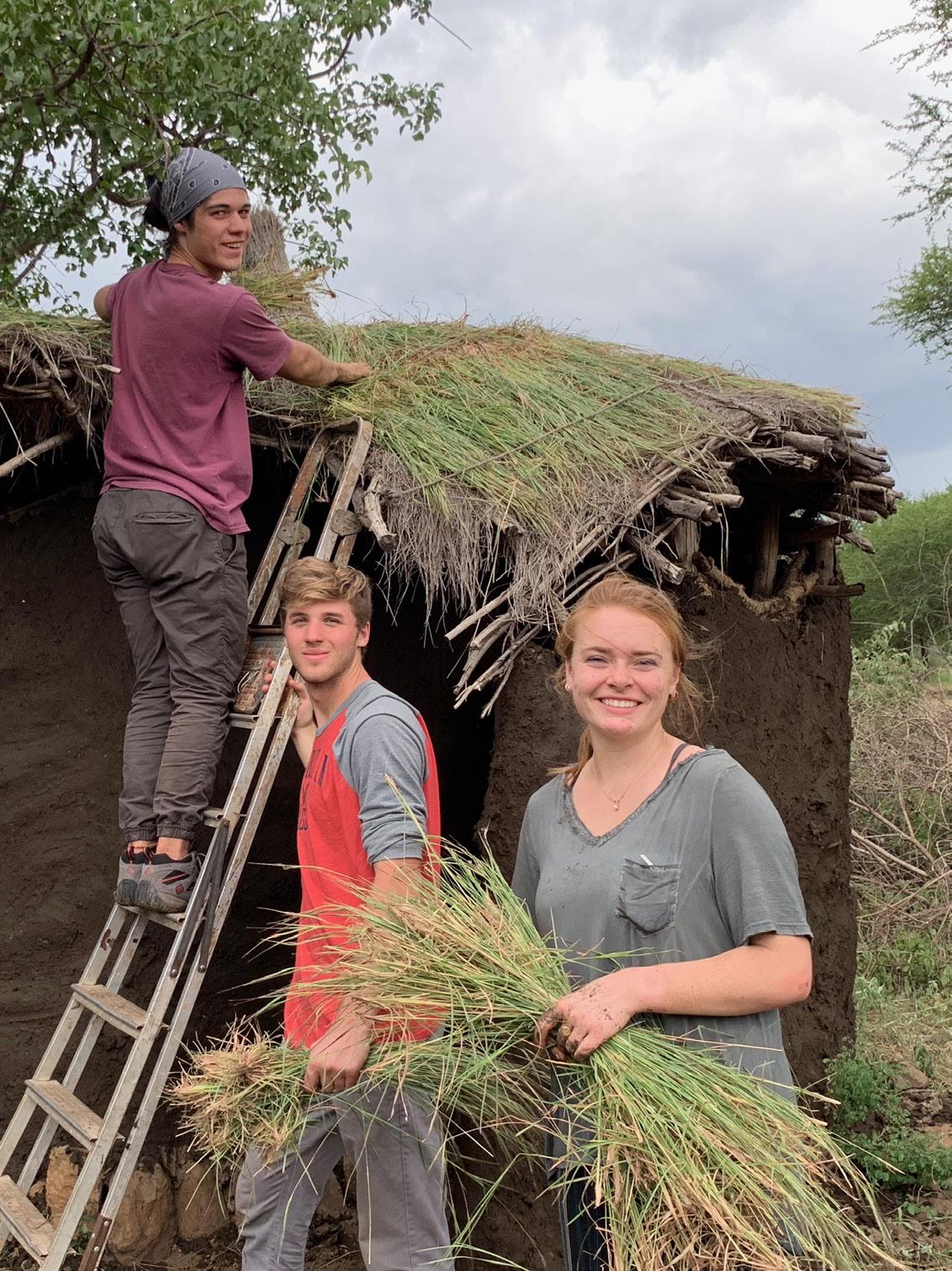
What health and safety challenges did you face in the COVID-/post-COVID landscape and how did you handle them?
On one Ghana program, pretty much half of the group got COVID-19. I made sure I communicated with the office and service providers all the time. I didn’t stop the program but made sure the trip continued despite the sickness, ensuring that participants got the experience they were promised. I created two WhatsApp groups (one for COVID-positive patients and one for non-afflicted participants) and communicated with them frequently. I stayed to serve the COVID-positive group while making sure the program was still running. I also made sure that I had a doctor’s number on standby to call for advice. It was key for participants to feel safe and know they had a doctor at hand to take care of them.
What advice do you have for others who wish to facilitate safe programs in Africa?
Understand health, safety, and emergency protocols, and apply them. Knowing and understanding these protocols will help avoid any mishaps. Communicate all the time!
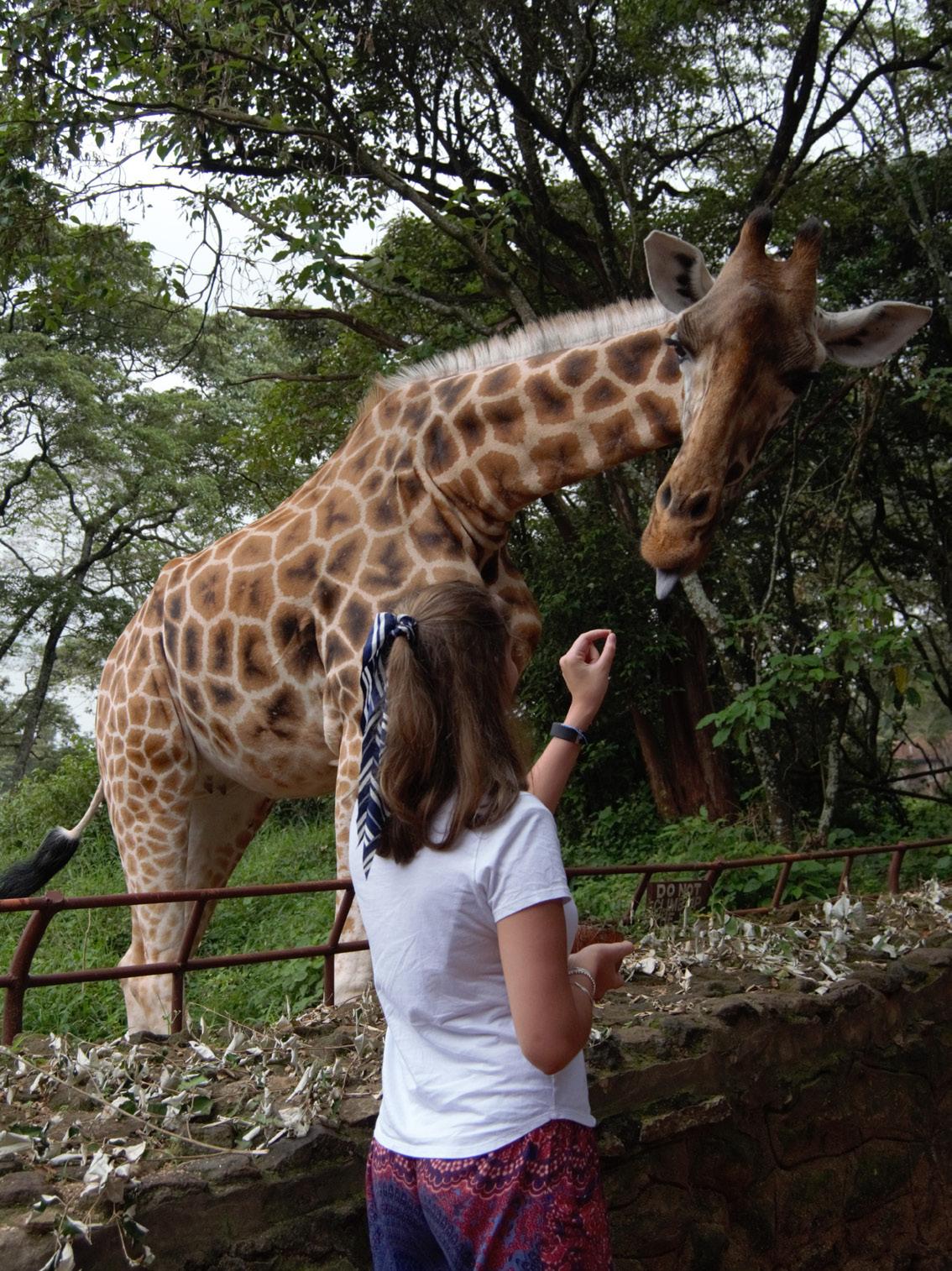 Lead Facilitator (Zimbabwe and Ghana)
Lead Facilitator (Zimbabwe and Ghana)
14.
Eliud Kimani
Ecology in Kenya Individual Study Abroad (ISA) Program Facilitator
What did you learn about yourself while facilitating EDU Africa programs this year?
Among other things, I learned three critical things about myself: I am an empathetic communicator, I am a strong collaborator, and I am a charismatic leader. Firstly, I discovered that I am an empathetic communicator as I managed to interact with individuals from diverse cultural and religious backgrounds. For example, I actively listened and maintained a non-judgmental attitude toward persons with different opinions about the afterlife and sexuality. Secondly, I engaged in constant collaboration with Lincoln, Nicole, and Roseanne (program designers and operations) in the different programs such that I avoided making any major decisions without their approval. I was able to apply the same skills when working with the faculty members. This significantly improved my working relationships with them. Thirdly, I discovered that I am a charismatic leader, which was quite surprising to me. I was nicknamed by the students and faculty leaders in all three programs I facilitated. Interestingly, all the nicknames can be directly related to my role as a program facilitator (influencing the students positively).
What do you think was the most transformative moment of the Ecology ISA program, and why?
I think the most transformative moment of the program was the high-level linkage between theory and practical fieldwork. The contributors delivered excellent theoretical frameworks and concepts and created opportunities for students to apply those concepts in the field. The game transects were the most transformative aspects of the program as they not only enabled the students to collect field data but also presented the opportunity for students to reflect on their career aspirations. For example, one student developed a strong interest in Geographic Information System (GIS) mapping during an early morning transect. Another student indicated a strong desire to work as a conservationist in the future after meeting with the team at Naboisho during a transect. During the game transect, students would ask Professor Stewart Thompson varied questions about their careers while still engaging in the animal counting exercise.
Which reflection session was the most impactful on a program you ran, and why?
The mid-reflection session with students from Nottingham Trent University (NTU) conducted in the Maasai Mara was the most impactful because it strongly correlated with students’ professional goals and values. I asked the following question: In the course of your service learning work, what idea(s) struck you as things you could or should put into practice at home? After reflecting on their service learning activities at Brackenhurst and the Maa Trust, the students and their faculty leader committed to introducing tree-planting activities back at their university. While at Brackenhurst, a few days before departure for the UK, the students started devising a strategy to convince the leadership of NTU to allow them to use a portion of the land at their university to plant some indigenous trees. They planned to distribute the seedlings to the local community as part of their conservation efforts. This was quite refreshing to witness. I hope we can follow up on the NTU group to learn if they were able to implement the idea.
15.
a program?
I believe that facilitators are important for three reasons. Firstly, facilitators work as the link between EDU Africa and the students and faculty. During one of the programs, a disagreement between the students and their faculty leader emerged. As the facilitator, I had to intervene and collaborate with EDU Africa leadership to handle the crisis in a professional manner. In the absence of a facilitator, the crisis would have escalated and potentially disrupted the entire program. Secondly, a facilitator adds value to the program by ensuring the smooth running of operations and providing logistical support where needed. The facilitator makes sure that the program itinerary is followed and that all predetermined objectives are achieved. Thirdly, facilitators are important because they are available to assist the students and faculty leaders at all times. In fact, facilitators provide some sense of emotional security to the students by assisting them to acclimatize fully. For example, when a student gets sick during a program, the facilitator collaborates with the main office to ensure that adequate medical attention is provided. In addition, when students have questions about culture and culturally-appropriate behaviors, they rely on the facilitator to guide them.
Kgopotso Molapisane
Faculty-led and Schools Program Facilitator (South Africa)
Why do you love facilitating programs?
Program facilitation gives me the honor and opportunity to meet and work with people from all over the world - people from diverse cultures, backgrounds, and social standing. These people come with wide-ranging worldly experiences and knowledge. This provides me with the opportunity to learn and challenges me to find ways to adapt and improve the program as my experience grows. I get deep personal satisfaction from working as a facilitator and interacting with these widely traveled people. It has allowed me to gain enormous confidence to be able to articulate many of my personal challenges and experiences that complement and add excitement to the program and the participants’ experiences. I have discovered that I have a unique ability to mix comfortably and openly with individuals across many diverse cultures and societies.
What did you learn about yourself while facilitating EDU Africa programs this year?
I attribute unique cross-cultural communication skills to my upbringing. Since I moved around a lot in my early years, I was exposed to many South African cultures. In my latter years, I became more western culture orientated through my work interactions and continuous movement across parts of South Africa. My current home position is one in which I actively live in a mixed African-Western cultural environment. I have realized that my upbringing provided me with a unique skill to successfully and emphatically bridge the social barriers between culturally diverse groups.
Why do you think facilitators are important on
16.
Which reflection session was the most impactful on a program you ran, and why?
University of Pittsburgh - Soweto township experience. Later in the day, during the reflection session, I asked the students: What was the most impactful experience you had today or on this program so far? Most of them said the township experience - the culture shock (seeing the cultural differences and the social issues that come with it). What stood out for me was one participant’s comment when they said something to the effect, “I’ve always lived in a part of America that is predominantly white, and I’ve never thought much about what it means being in the minority in a country that is predominantly white. However, today in Soweto, I experienced being in the minority. We were the only ones that didn’t look like everyone else in the township. It was a little uncomfortable, but it made me think about how much I’ve never thought much about putting myself in other people’s shoes. This experience changed my way of thinking from that moment on.” He attributed this life-changing experience to the study abroad program. It was a special moment for everyone, and really amazing to see everyone transforming right in front of my eyes.
Gloria Ewald Facilitator IN TANZANIA
What did you learn about yourself while facilitating EDU Africa programs this year?
I increased my knowledge of various things like disability, healthcare, and culture. I could talk to anyone and was able to start conversations with people from different age groups, both local and international people. I enjoyed listening to people’s stories -- there is so much to learn. I have realized, through facilitation, that serving others brings me much joy.
Why do you think service learning is important?
It’s good to give back to the community, creating good global citizens who are ready and willing to serve others. There’s fulfillment that comes when you are able to do something good for someone else. It gives a person a chance to see life from a different perspective.
Which reflection session was the most impactful on a program you ran, and why?
The final reflection of a service learning program in Tanzania. Participants had a chance to reflect on the whole program and experience -- coming together and sharing the experience. I could see the transformation, and the change of perception is an amazing thing. Informal reflections were also very powerful, happening in normal conversation settings where people shared deep thoughts and stories, and in turn creating friendship and trust.
Why do you love facilitating programs?
I love people and connecting with different people from different backgrounds, professions, and cultures, both local and international. I learned a lot and acquired a lot of knowledge through facilitating this year. Facilitating brought out skills or potential that I didn’t know I possessed.
17.
As we look ahead to 2023 and consider the exciting challenges that lie ahead, I am confident that our team has the ability, creativity, and resolve required to ensure all the necessary pieces of the puzzle are in place in good time to guarantee a successful year of transformative programming across all our regions.
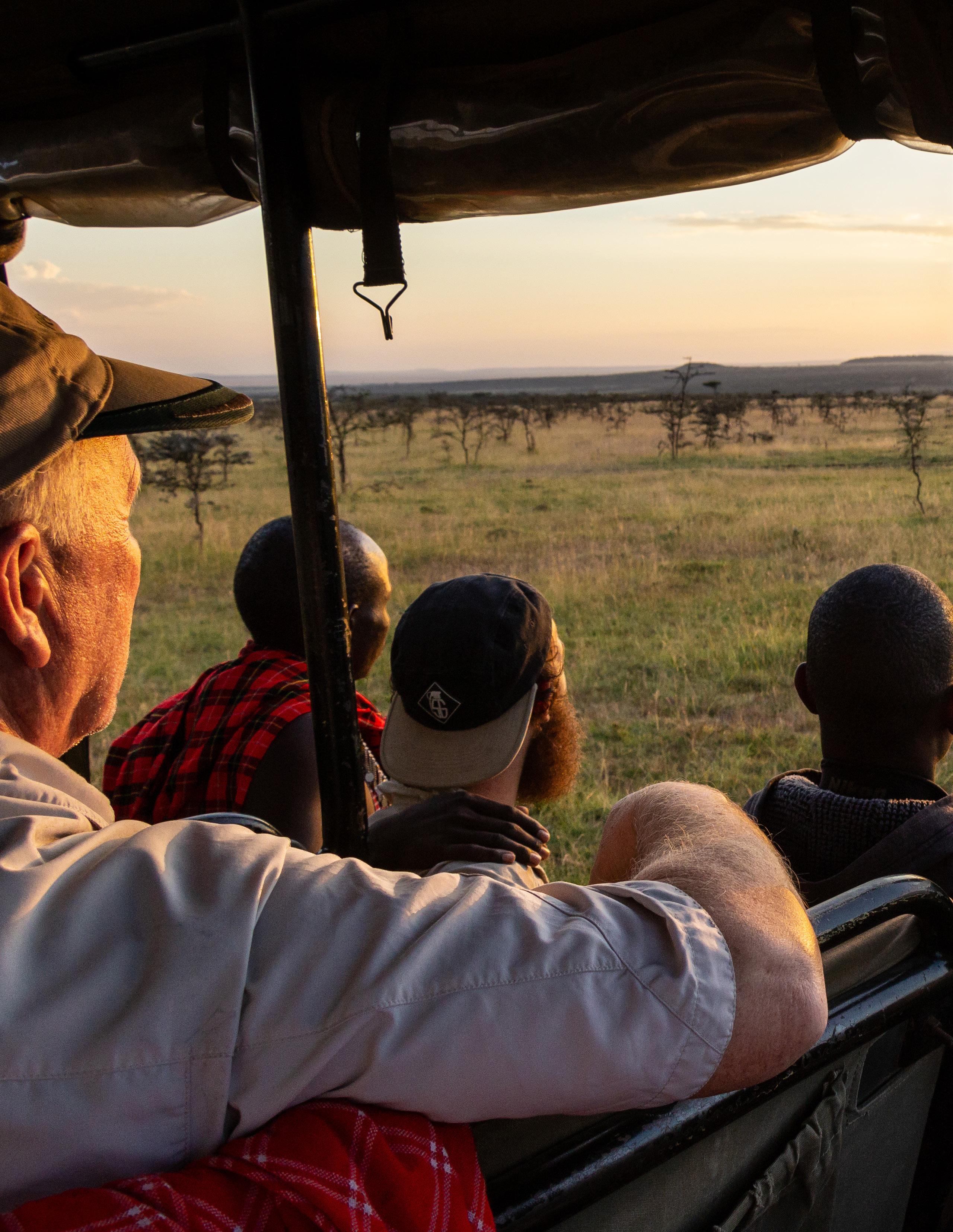 - Adrian Maarschalk, Operations Director
- Adrian Maarschalk, Operations Director
“
”
6. Program Leader Reflections
Nadine Russell Central Piedmont Community College (CPCC)
CPCC ran a two-week Faculty-led program entitled: Transformative Learning Through Community Engagement
What was it like, studying abroad in Africa post- (or during) COVID?
There was little perceptible difference in studying abroad post/during COVID. Participants were required to show proof of vaccination or a negative test to leave the United States but there were no re-entry COVID-19-related requirements. In-country, we stipulated that participants who were not feeling well should wear masks and distance themselves from others. If their volunteer assignments were outside or did not involve directly working with vulnerable populations, they continued to participate. Rapid COVID-19 tests were available for participants who were feeling ill.
What was amazing?
The variety of activities and candid dialogue made this program amazing. Students interacted with a diverse community in Cape Town and gained perspectives from a range of ethnic groups.
What would you do differently?
I would adjust the volunteer experience so that everyone can spend time working in a township, not just touring it. In the future, I would require more pre-travel preparation for students, including more reading, research, and language lessons.
How did you feel the multidisciplinary approach worked?
The multi-disciplinary approach worked but could have been improved with more input from the college. This is now more feasible after having experienced the program.
19.
How do you feel this program impacted Community College students?
This program would have been impactful to any student, not just to community college students. This has been proven, given the feedback received from participants who included non-traditional travelers, college staff, community members, and students from 4-year schools that joined the group. Anecdotally, we continue to receive positive feedback from participants who continue to foster friendships made during their time in South Africa.
Do you have any comments about access to study abroad for Community College students?
Access to study abroad for Community College students is impacted by a range of things, including demographics, marketing, cost, access to scholarships, and an environment that promotes and supports cultural literacy. By participating in a consortium with other community colleges in North Carolina, Central Piedmont is better positioned to not only reach students, but also to proactively support under-represented students in study-abroad endeavors.
What advice do you have for other program leaders considering or planning to study abroad in Africa?
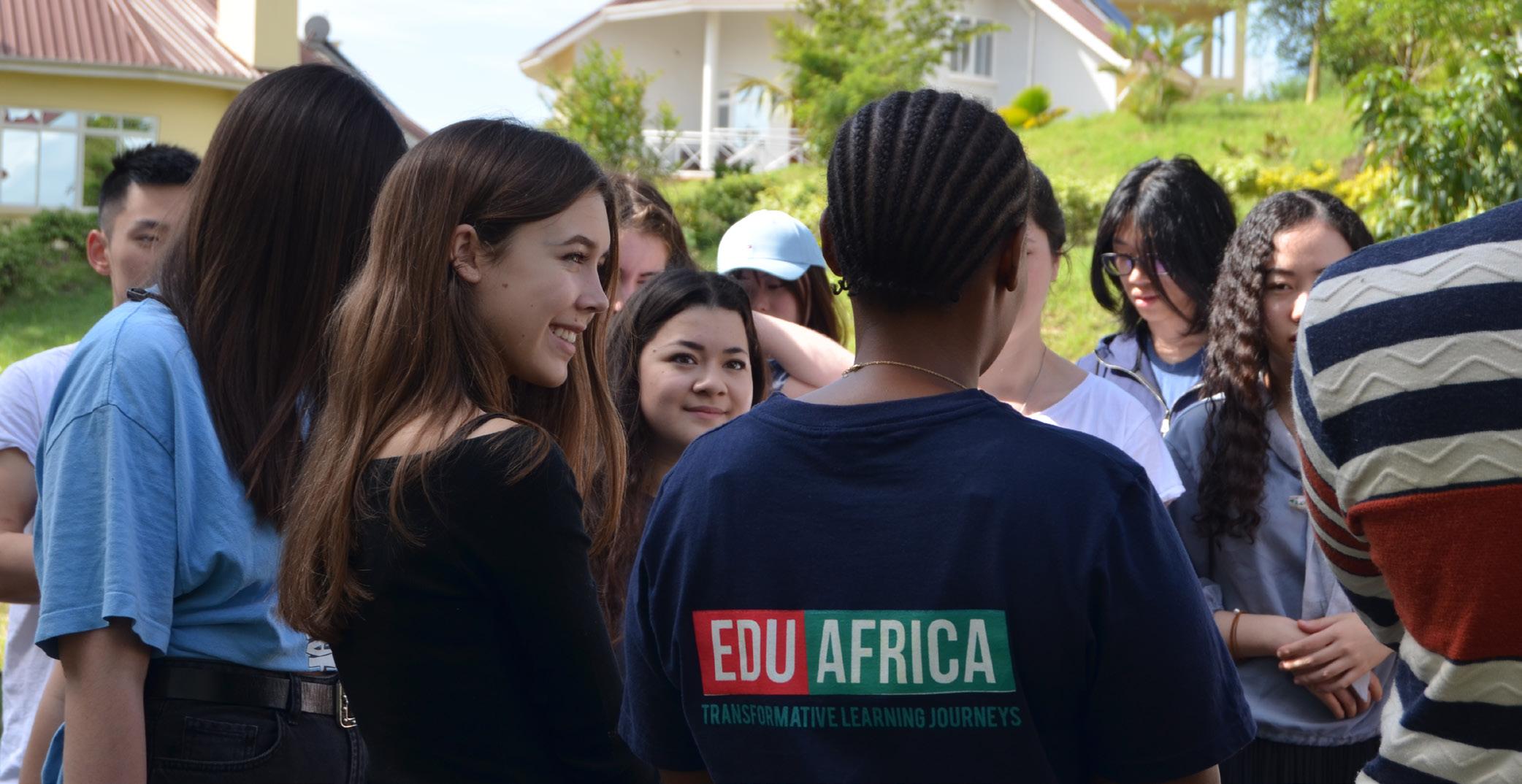
Having planned and/or led study-abroad programs to over 25 countries, some of the most impactful work has been with the programs to the African continent. While students have easier access to and more knowledge about countries in Europe and South America, there seems to be a depth of learning and cultural awakening for the African programs that may not occur to the same degree on other programs.
Any other comments?
It was a pleasure working with the entire EDU Africa team during exploration, development, planning, pre-travel preparation, in-country management, and post-assessment. Thank you.
7. Student Reflections
Our students are the reason we do what we do! We asked a few students to reflect on their academic experiences with EDU Africa in 2022 and recorded their responses.

Will Scott
University of Pittsburgh, Engineering for Social Change 2022
Why did you take part in the program?
Originally, I was motivated to participate in the program as a requirement for a scholarship I received during my freshman year. However, my perception of studying abroad rapidly shifted in 2020 as the global pandemic highlighted the fragile and interconnected nature of our world. Consequently, I became eager to remove myself from American culture, hoping to encounter new lifestyles and perspectives to integrate into my life and community.
21.
What did you love about your experience?
In all honesty, I loved the people the most. Never have I felt such a strong sense of communal love and admiration proliferate a region. I am humbled and deeply thankful for the privilege to share in their lives through communion, music, and dancing.
What would you tell other students considering studying abroad in Africa?
I would strongly recommend that future students spend significant time reflecting on the traditions, customs, and beliefs of their own culture/ nation before studying abroad in South Africa, or any nation. This reflection is crucial to dismantling one’s internal cultural bias, creating space to fully immerse oneself and accept the practices of cultures outside one’s area of comfort.
How has your transformation been ongoing since the program ended?
This study abroad program gifted me the opportunity to meet incredible people who have utilized their talents and social, technical, or professional influences to affect positive change in their local communities. Since this transformative experience, I have been focusing on refining my socio-technical abilities as an engineer to effect more positive change in my local community. Upon returning to the United States, I spent the rest of my summer performing research at Carnegie Mellon University’s Robotics Institute to practice applying my technical skills to address one of the social issues I observed in South Africa - rapid urbanization. Furthermore, I am currently taking the courses Introduction to Engineering for Humanity and Introduction to Sustainable Engineering. With these classes, I hope to gain more insight into how to apply engineering principles to directly address the needs of marginalized communities through the delivery of services to meet human physiological needs.
George Brown College Virtual International Community Worker Internship 2022
Why did you take part in the program?
I was unsure which sector or kind of work I wanted to be involved in. EDU Africa was perfect for me; I think I was in the process of exploring the possibilities out there. EDU Africa did just that by showing all the possible ways to do community work as well as a variety of perspectives and options.
Aj Kamalanathan
22.
What did you love about your experience?
I loved all of it, to be honest. I enjoyed learning from Nicole (my placement supervisor) and working in partnership with the Young Men’s Christian Association (YMCA) youth justice program. My favorite thing was getting introduced to people or organizations that are doing great work. It really broadens the possibilities when we think outside the box.
How did the program impact your development as a future community worker?
When it was time for my second-year community worker placement, I wanted an organization that was innovative and dynamic. I love the critical thinking that occurred at my placement and the openness to new ideas or approaches. I would have never (or only with a lot of due time) developed this perspective. This program further expanded my curiosity for social enterprises. The experience was priceless and is shaping my future as we speak.
In which way, if any, did the program impact the way you see your role in the global context?
I think the problems are, on a wide view, the same everywhere and always date back to social injustice and lack of access to opportunities and resources. In this regard, we can learn a lot from different or effective approaches being used in different parts of the world. Canada and South Africa share some similarities in terms of the treatment of marginalized communities in a systematically oppressive way. Cultural norms are to be strongly considered in a lot of cases, and I learned the value of respecting and working within these.
What would you tell other students considering studying abroad (virtually) in Africa?
I would let them know that no other experience will compare to this experience. Throughout our schooling, we are all taught the same thing and end up thinking the same way. This program enhanced my learning of other methods or approaches as well as enhanced my critical thinking. I think innovation is key and world knowledge should not be disregarded. Indigenous (and non-western-centered) ways of thinking and approaches have a lot of value.
How has your transformation been ongoing since the program ended?
I feel like I see things differently because of this global knowledge. I always keep in mind that community engagement or buy-in is key to any sort of success. I don’t think I would be on this path if it weren’t for my experiences with EDU Africa.
23.
8. ISA Ecology in Kenya Reflections
The third annual Ecology and Conservation in Kenya Individual Study Abroad program took place this July after a two-year break due to the COVID-19 pandemic. Our faculty leads, Professor Stewart Thompson and Dr. Sharon Kahara were thrilled to be back in Kenya collaborating on what has always been a successful and much loved program.
The 2022 program exceeded expectations in many ways including intercultural collaboration, professional development, and ecosystem advocacy.
This year’s student cohort was an international collaboration between students from Belmont University (United States) and two local Kenyan students from Karatina University and the University of Nairobi. Author Cioré Taylor writes, “Differences simply act as a yarn of curiosity unraveling until we get to the other side,” and this intercultural group of students proved this to be true. The Belmont University students followed their curiosity to Kenya as they aimed to learn about new ecosystems and a new culture. The Kenyan students let their passion for conservation lead them to this new experience in their own country. Together they met at Brackenhurst Learning Centre to embark on this journey together. Named as a highlight by all participants, this intercultural collaboration among students was an opportunity to share academic knowledge and cultural experiences across borders. The shared lessons, private jokes, and countless stories at the farewell dinner were an indication of the power of shared intercultural experience.
The academic background of this cohort of students was equally diverse. Students were studying Geography, Range Management, Conservation Ecology, Music Management, and Videography. The layout of the program with a balance of lectures, practical field skill development, presentations, and extracurricular activities, lends itself to the flexibility of content dissemination depending on individual experience and requirements. Students filled out our EDU Africa Transformation Questionnaires and showed a 16.2% average growth in Professional Development.
24.
This showed the professional application of skills learned in this program across a wide range of discipline areas.
Regardless of the students’ country of origin or academic background, each student reported a newly found passion for conservation both locally and globally. With Columbus monkeys swinging on the trees while you hike through a newly restored forest, seeing the impact of wetland health on local communities, or learning about the livelihoods of the Maasai communities as you walk through their community-owned conservancy savanna, the reality of the beauty and the interdependence of global ecosystems awakens the conservation advocate in every participant.
With the connections formed between cultures and disciplines and ecosystems, the participants of the 2022 Ecology and Conservation in Kenya Study Abroad Program went back to their communities changed. New friendships and new global perspectives are an inspiration as they continue on their future career paths.
The Ecology and Conservation in Kenya Individual Study Abroad Faculty Leads, Professor Stewart Thompson and Dr. Sharon Kahara shared their own insights on this program.
 Professor Stewart Thompson Oxford Brookes University
Professor Stewart Thompson Oxford Brookes University
This year the Ecology and Conservation in Kenya program welcomed a multi-national group of staff and students with current interests in a range of academic subjects. Rewilding is on everyone’s radar at the moment and in the forest ecology component of the course, we were able to see first-hand the challenges this aspect of environmental management faces at our pioneering reforestation project in the foothills of the Aberdares mountains. This unique project introduced both staff and students to the technical and socio-ecological hurdles to reinstating indigenous forests at a meaningful scale. In particular, the project highlighted to everyone the importance of community, and particularly, women’s involvement in the numerous rewilding initiatives currently being managed by our partners at the Centre for Ecological ResearchKenya. This was a truly inspirational applied element of the program, thoroughly enjoyed by all.
Our study location in the wildlife conservancy network of the Greater Mara Ecosystem once again came up trumps in revealing all the challenges and triumphs of studying in this unique landscape. Wildlife conservancies in the Mara now sit firmly at the hub of conservation and environmental management in Kenya. They are the perfect setting to explore the wealth of the interlinked challenges that modern-day conservationists face. The program itself is purposefully multi-disciplinary and interactive, with much of our time spent in the field where
25.
we were able to reinforce the topics covered in the support materials and lectures that underpin the program, bringing us up close and personal with the amazing variety of wildlife savanna Africa has to offer. As always, we were not disappointed - cats big and small, elephants, giraffes, buffalos, and of course, wildebeest, impala, and zebras by the bag-full! An important element of our time, as always, was spent with the local communities. This provided us with the opportunity for an informative and
Dr. Sharon Kahara

University of New Haven
After almost two years of travel restrictions and educational disruptions due to the COVID-19 pandemic, I was thrilled to learn that the 2022 Ecology and Conservation in Kenya ISA program was going to go ahead. I led the Wetlands Ecology module of the course and was excited to meet a diverse group of enthusiastic students from the U.S. and Kenya, ready to engage in the course content. This year, I included discussions about Fortress Conservation and what it means for wetlands and other ecosystems in Kenya. Fortress Conservation may be described as a suite of practices based on the belief that biodiversity is best protected through isolation from humans. The goal was to have students compare and contrast how natural ecosystems are used or are present in the daily lives of people in western society versus in Kenya. It soon became apparent that habitats such as wetlands provide ecosystem services to local people on a daily basis and the application of traditional indigenous practices is a key component of conservation.
Unlike forests and savanna ecosystems, wetlands are poorly understood for many reasons, making them highly susceptible
lively exchange with the custodians of the Mara, helping us develop our appreciation of the importance of coexistence between people and wildlife.
For me personally, it is always a pleasure to introduce students and staff to the wonders of the Mara and its wildlife.
Once again, the program and the Mara did not disappoint, and whilst it is always a sad time when we bid farewell to the outgoing cohort of students and faculty, I cannot wait to do it all over again!
to disturbance. The students appreciated learning about these “mysterious” habitats as they had never had the opportunity to visit them in the past. Our visits to local wetlands such as Manguo Swamp, a frequent birdwatcher stopover, expanded our bird life lists. This year we were joined by researchers from the National Museums of Kenya - Dr. Jane Macharia and Chris Chesire, who spent a full day with us seeking out and identifying wetland plants. Fortunately, one of the resident staff at Brackenhurst, Tobin Mutiso, is an expert on wetland plants and his insights were very welcome. Together with Brackenhurst, we will continue to maintain and add to our plant list in the coming years and hopefully include composition surveys to assess changes. The trip to Lake Naivasha shed light on human impacts on this important Ramsar Site, starting with a
26.
guided tour of a large multinational flower farm that draws water from the lake and discharges its wastewater back into the aquifer. We learned about how water uptake and discharges are regulated by the government and local agencies as well as community groups. This and our drive through the town really put the precariousness of the lake’s hydrology at the forefront. Despite this, we were able to witness the ecosystem’s resilience during our one-hour boat excursion which included close-up views of lounging hippos, and a wide variety of waterfowl and waterbirds.
The highlight of the module was a unique tour of Ondiri Swamp in Kikuyu township led by graduate student Howard Atubwa who is currently evaluating amphibian diversity, and the director of The Friends

of Ondiri Swamp Community Conservation Organization, Lydia Kalekye. Both are young Kenyans who related well to our group of students, and it was incredibly inspiring to learn how these young activists were working to restore and conserve the wetland. Ondiri Swamp is the largest quaking bog in the region. Lydia and Howard then led us on an exciting walk over the bouncing peat through well-known short-cuts that have been used by locals for decades if not more, an activity which I’m certain none of the students had ever thought they would experience.
All in all, I would say the course in 2022 was a triumph, especially given what we had all gone through in the past two years. I’m very excited about the coming session.
9. Community Partner Work Reflections
At EDU Africa, Community Partner Engagement is one of the fundamental aspects of many of our transformative learning programs. We are privileged to have relationships with local organizations that are serving communities and benefiting the countries we work in. EDU Africa has committed to carrying out Ethical Participant Engagements in all programs. We aim for interactions that are beneficial to organizations, community members, and participants. Engagements are always guided by the needs, guidelines, and requests of our community partners.
Feedback process
In order to ensure that the community partner engagement is meeting our ethical standards and benefiting our partners, we aim to collect feedback from our partners after every program designed in collaboration with our community partners.
In 2022, we collected 16 community partner feedback forms from our in-country and virtual engagements throughout the year. The community partners were based in South Africa, Zimbabwe, Kenya, and Tanzania.
We requested feedback in five areas:

1. Student Conduct
100% of our partners reported that the participants who attended the orientation sessions were punctual and had interacted appropriately with staff and clients. All the partners also said that the participants showed initiative and interest, followed regulations, and fit in well with their organization.
28.
2. Student learning
When asked what our community partners thought the most important lesson that students learned through the community engagements was, many of them commented on the understanding students gained around challenges being faced by their organizations and the communities they serve. These challenges included working and living conditions in local communities as well as the particular experiences of those living with challenges such as disability and pain. The Athlone YMCA in South Africa pointed out that the participants also learned how to develop projects that assist the organization in facing these challenges in the community.
3. Benefit to the organization
In addition to participant learning, our community engagement programs aim to benefit our partners and the communities they serve. 100% of the partners responded that the participant engagement met a need in their organization and 94% responded that the engagement helped them fulfill their mandate. They all reported that the programs portrayed youth making positive contributions to society and that they added to the positive environment of their organizations. 63% of partners said that the programming helped them offer a new service to the community. Our partners additionally commented on particular positive outcomes for their organizations, including the opportunity to see their programs through a new perspective and the creation of new programming that will fill an organizational need. The Shanga Foundation in Tanzania stated that they learned new exercises to help manage the pain experienced by their staff members. The Kwalata Community Development Initiative in South Africa shared that the greatest benefit for them was that a family living in an informal shack now has a permanent home after participants assisted in its building.
29.
4. EDU Africa Facilitation
Part of our ethical community engagement policy is to facilitate the community engagement programs in a way that makes the interaction as organized and time efficient as possible for our community partners.100% of the partners reported that they were satisfied with the communication by EDU Africa before and during the placement. All the partners also stated that they were satisfied with the time commitment and the number of participants placed at their organization. One organization mentioned that they were not satisfied with the length of the placement and would benefit from longer placements in the future.
5. Future Engagement
All the community partners responded that they would like to participate in future community engagements with EDU Africa. They were all satisfied with the way things were carried out and did not have any suggestions for improvement.
The positive feedback we received from our partners is an encouragement to continue engaging with our partners in line with our Ethical Community Engagement Policy. It is important that we improve on following up with partners in a timely manner after each community engagement. Follow-upswere not always carried out this year and in some cases, the request was delayed. This is an area for improvement in 2023 as it will enable us to evaluate the impact of our programming and the satisfaction of our partners more accurately.
30.
Tips for Ethical Community Engagement
For ethical community engagement, it is important that participants be prepared before their placements. Most participants would not have had training on ethical engagement and therefore it is crucial to take them through the guidelines for ethical, respectful, and effective placements. With the right perspective and skill set, students will be ready to engage with partners by listening, learning, and working in line with the predetermined plans set out by the partners themselves.
In the end, ethical community engagement puts the focus on the community partner. It acknowledges the knowledge and experience of the partner as well as their dedication and commitment to the organization’s goals. All engagements are determined by the requests of the partners and all interactions are in line with their guidelines. Any feedback that is received is implemented for future programs.
EDU Africa’s community engagement aims to be an asset to our partners and an opportunity for participants to come alongside local organizations, using their strengths and skills to help our local partners reach their organizational goals. We are thrilled with our partners’ positive feedback and look forward to continuing these partnerships for the benefit of everyone involved.
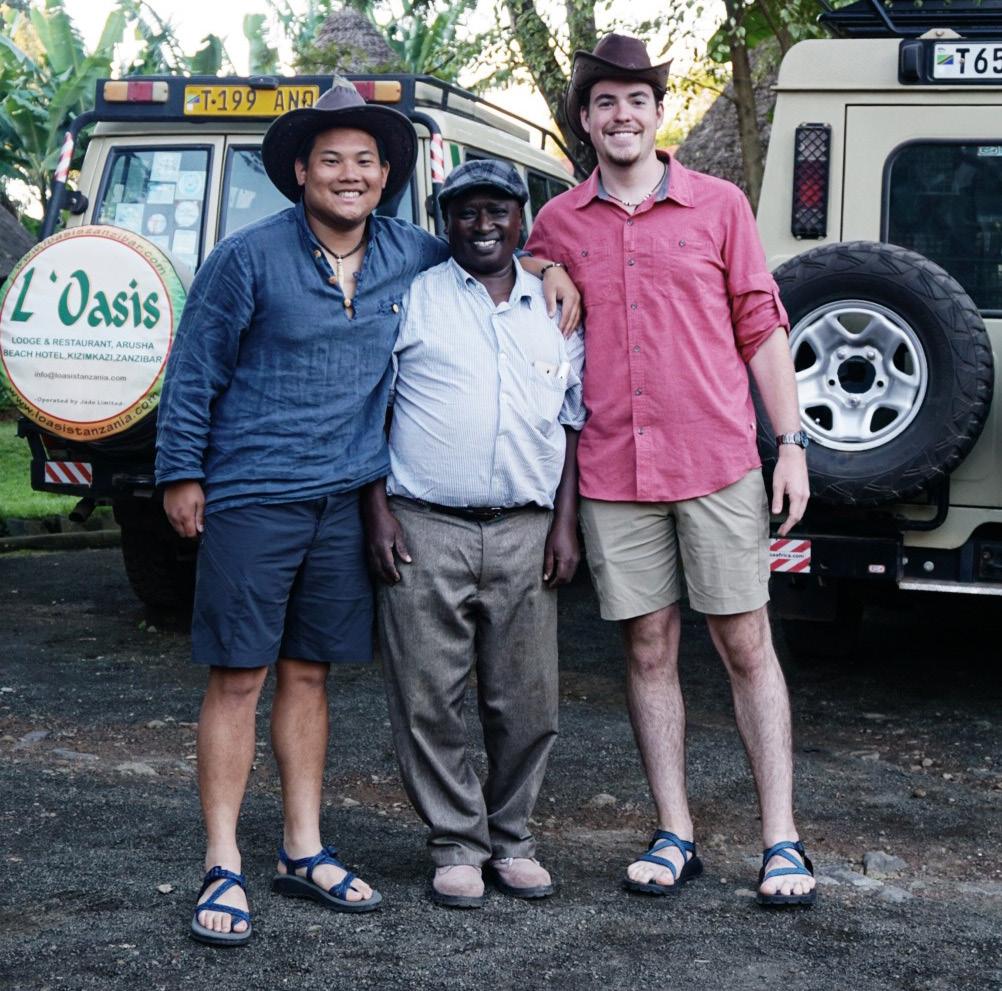
31.
International Education Partnership with the Wildlife Tourism College of Maasai Mara
10.
32.
We are proud to be actively partnering with the Wildlife Tourism College of Maasai Mara. The college will officially open its doors in January 2023. This educational facility is situated in the heart of the Pardamat Conservation Area in the greater Maasai Mara ecosystem.
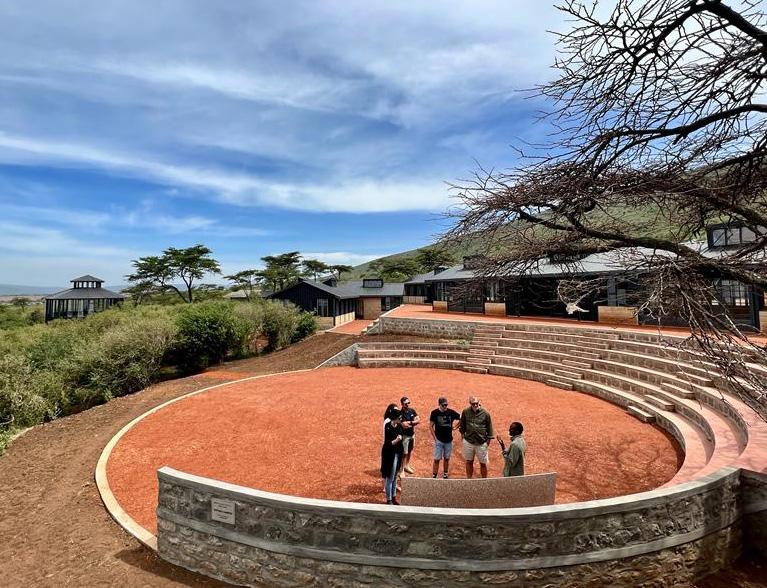
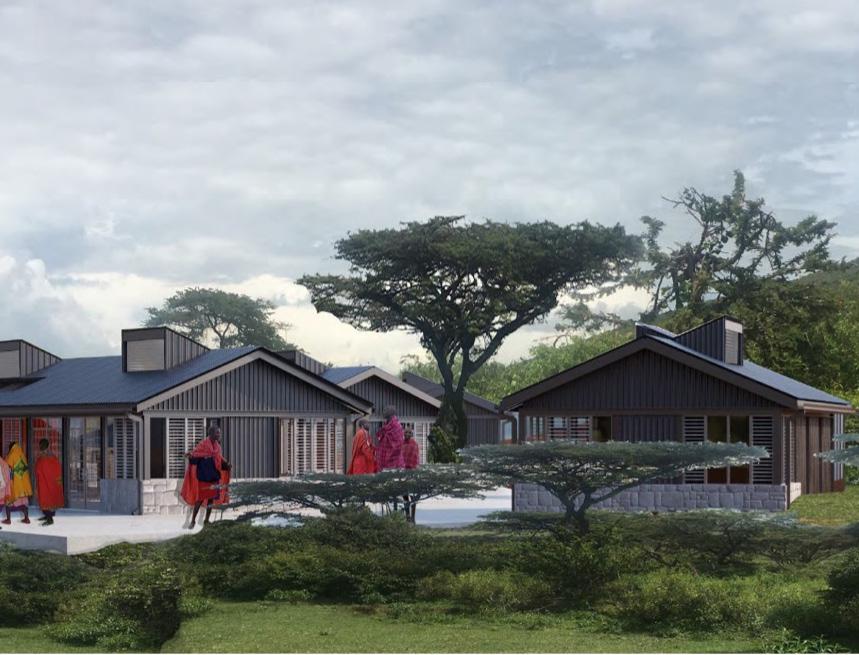
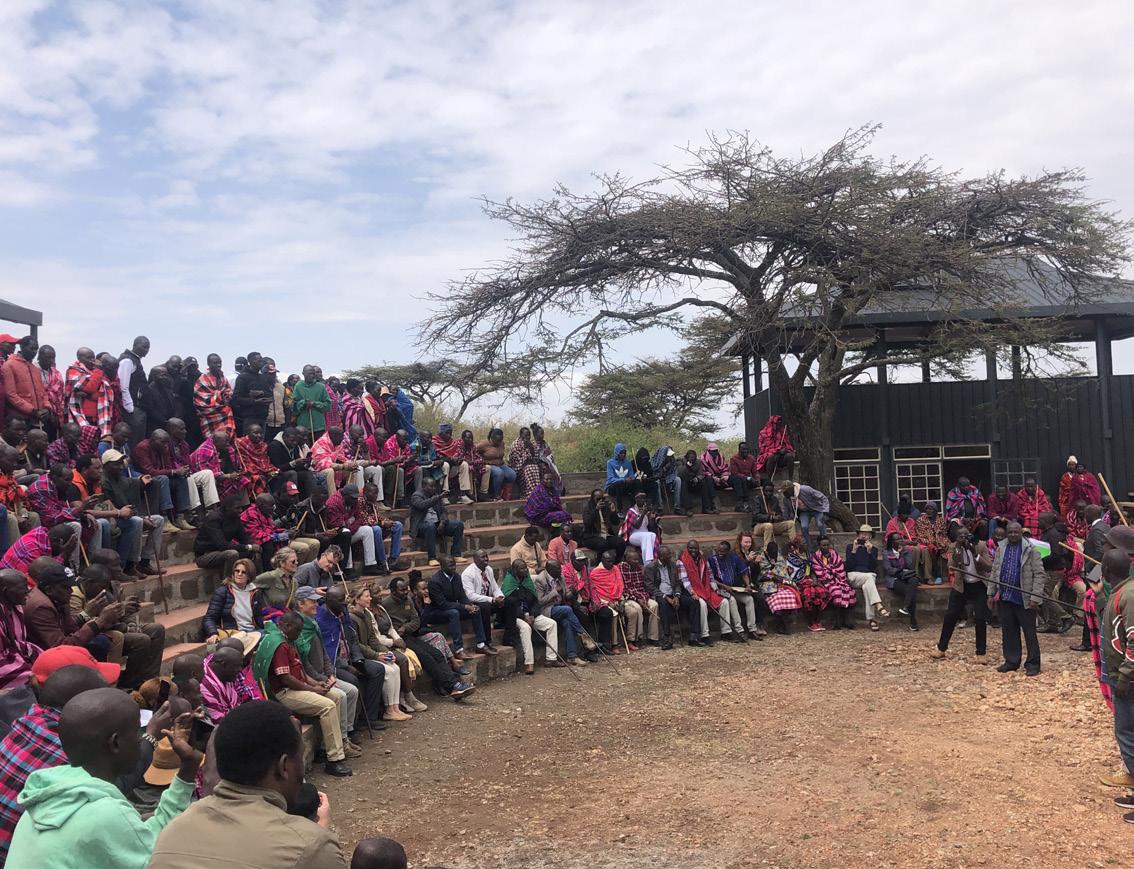
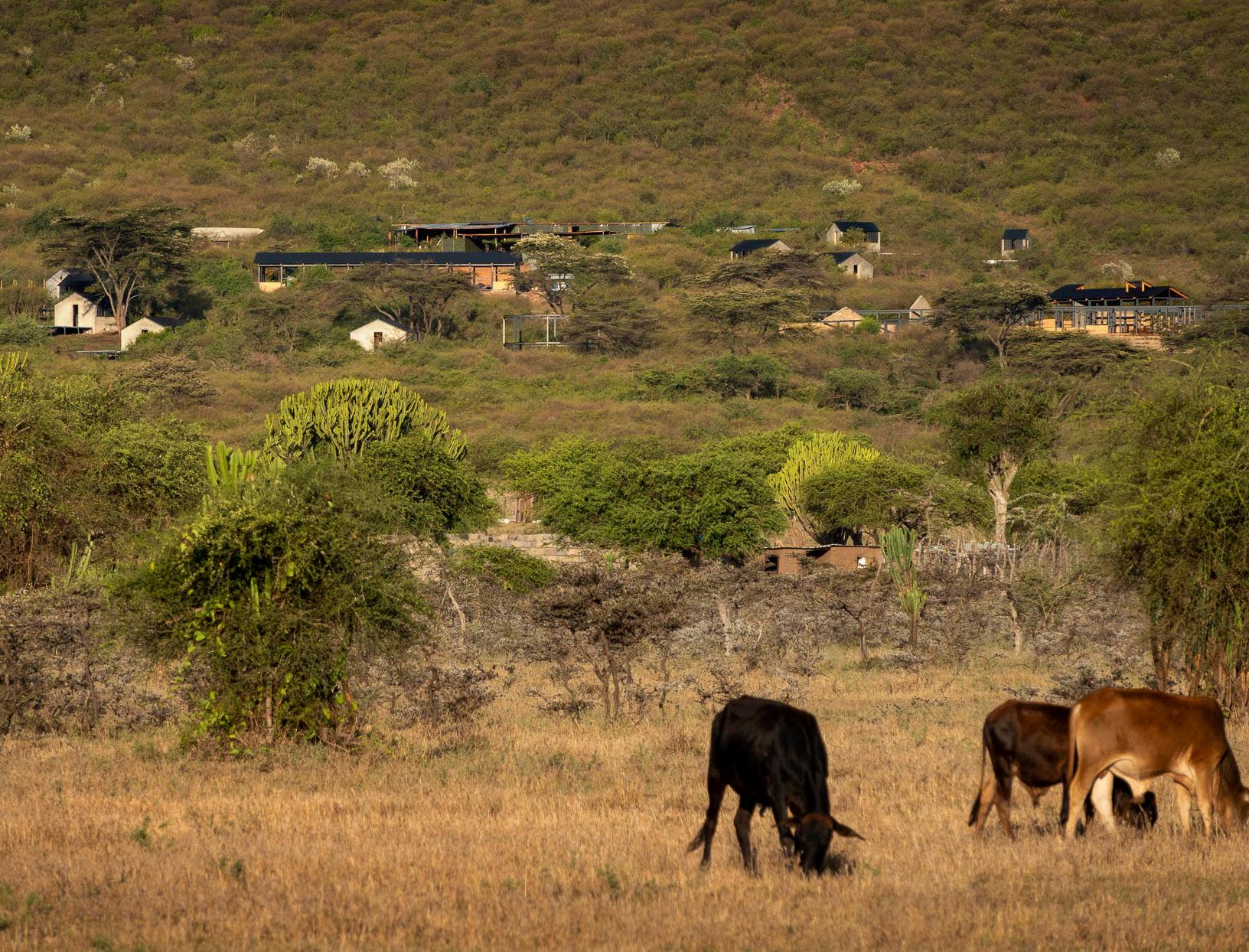
EDU Africa has been appointed as the Key International Education Partner for the college, presenting many unique opportunities for international academic institutions, faculty, and students to get involved in research and educational initiatives in the area.
For more information about program opportunities at the college and in the Maasai Mara please contact us at info@edu-africa.com.
33.
11. Sustainability Impact Reflections
Nicole Mostert
For the second year in a row, EDU Africa committed to making a contribution to the Centre for Ecosystem Restoration - Kenya (CERK) on behalf of every student who participates in our transformative learning journeys.
CERK is an organization committed to the restoration of ecosystems in Kenya. CERK started as Friends of Brackenhurst, dedicated to the restoration of the Brackenhurst Forest and engaging communities within their local environment. It continues this mission under its new name and has expanded its vision to the restoration of ecosystems throughout Kenya. Currently, CERK is based in two locations with different ecosystems, namely Brackenhurst Botanic Garden and Forest (highland forest) and The Maa Trust (savanna).
In 2022, EDU Africa participants donated a total of USD2,699 towards ecosystem restoration through CERK. These funds were used towards the acquisition of a seed bank at Brackenhurst forest. This seed bank advances conservation efforts by bringing in seeds from all over Kenya in order to increase the diversity of plants in the country; supplying other conservation organizations with seeds, which in turn allows new relationships to develop to offer support through education and mentoring; and creating alternative livelihoods for local communities by purchasing seeds from community members.
Through this collaboration and the important work being done by CERK, each participant in an EDU Africa program directly impacts the restoration of ecosystems in Kenya. We look forward to 2023 as we continue to partner with CERK and contribute to conservation efforts in Africa.
34.
11.1. Conference Spotlight - 2022
Forum for Education Abroad 2022
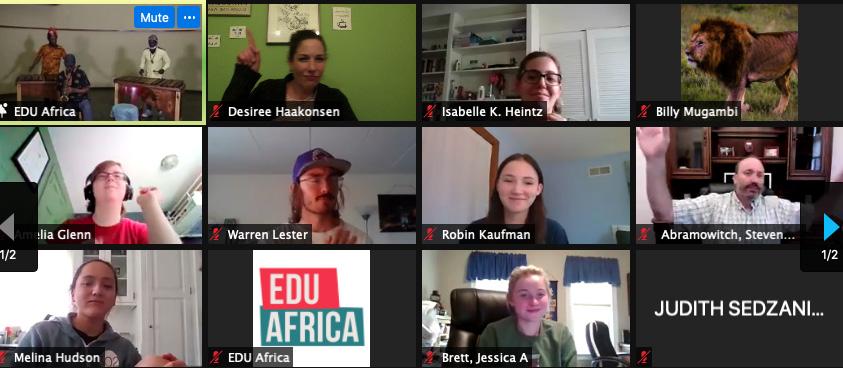
Project-Based Virtual Program Design Challenges and Successes Across Time Zones
In collaboration with the Global Learning Collective, Ann Hubbard (Ph.D.) from Asia Institute and I presented at the Virtual Forum for Education Abroad Conference on March 22, 2022. After working together on the GLC Global Virtual Internship for the previous year, we were inspired to share some of the lessons we had learned in project-based virtual programming and engage with other members of the international education community.
Our topic was Project-Based Virtual Program Design: Challenges and Successes Across Time Zones. Our objectives for the session were to:
• understand collaborative organizational model for virtual program design and delivery
• analyze best practices in virtual, project-based internship programming focused on the UN Sustainable Development Goals
• overview expected and reported student outcomes from a multinational, project-based virtual internship
Dr. Hubbard and I presented the Virtual Program Design of the GLC Global Virtual Internship as well as the theoretical foundations of the internship and then reported student outcomes.
With a total of 11 participants in our virtual conference room, we had some meaningful discussions throughout the presentation as we discussed what attracts students to virtual programming and how it is perceived. Participants shared the biggest benefits of virtual programming for their institutions and the challenges they faced. We heard different points of view on the future of virtual programming and how to highlight the benefits of this design in light of the re-emergence of in-country travel. The presentation finished with a reflection activity in which everyone shared their future hopes for virtual programming at their institutions.
35.
11.2. Conference Output: A Summary of EDU Africa’s Academic Contributions
Presenter Name(s)
Title of Presentation date Conference Presented At
Ashley Brooks, Michael Massingham and Sean Anderson
Integrating Stakeholders’ Philosophies in Short-term Study Abroad: A Case Study of Service-Learning in Kenya
2020 WISE
Sean Anderson and Dawn Whitehead Plenary Address: Moderated panel discussion centered on embedding intercultural learning in High-Impact Practice
2020 WISE
Michael Massingham and Geoff Bradshaw Engaging Faculty to Develop Sustainable Field Studies Programs
2020 CCID
Heidi Barends
Virtual Exchange: A Meaningful Tool for Transformation? 36.
2021 CCID
Heidi Barends and Mellissa Holland Evolution by Necessity: Five Essential and Sustainable Components of Building More Effective Online International Programming
2021
The Forum’s Institute on Online Global Learning
Barry Rawlings and Michael Massingham
How
to Build Virtual Program Opportunities: Internships and Faculty-led Virtual Exchange
2021
CCID
Roseanne Kinyua Human-Centered Design Thinking in Kenya: A Hybrid Program
2022 The Forum’s Institute on Online Global Learning
Nicole Mostert and Ann Hubbard Project-Based Virtual Program Design: Challenges and Successes Across Time Zones
2022 The Forum Annual Conference
Michael Massingham, Geoff Bradshaw, Rich Johnson, and Suzanne LaVenture
Encountering Africa through Virtual Exchange: Lessons Learned Across Institutions and Disciplines
2022
CCID
Michael Massingham and Sherri A. Watkins Virtual Exchange: Is it worth it?
37.
2022 GEBG
A study to examine virtual peer learning experiences in Africa
12.
38.
Barry Rawlings
FOUNDER AND MANAGING Director
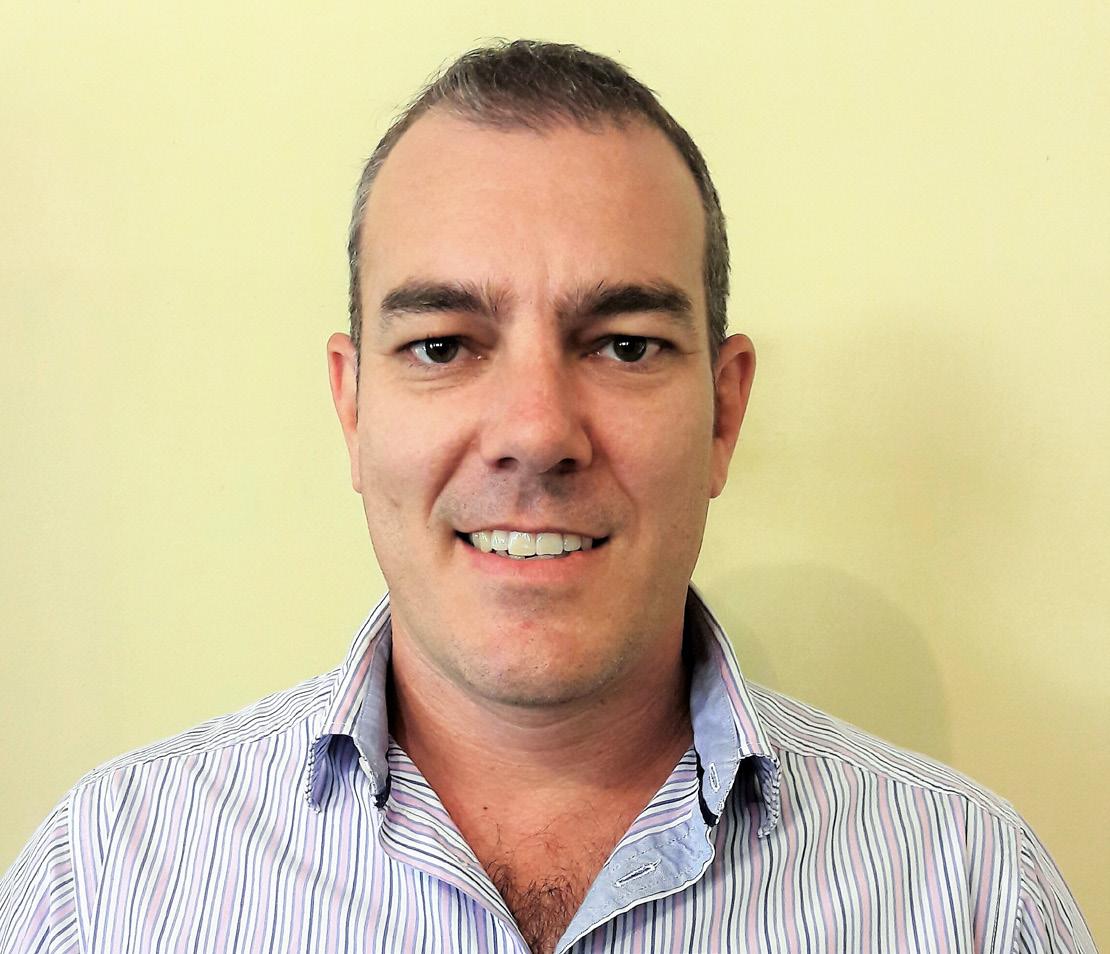
Given the considerable growth in the volume of virtual programming, a desire to follow best practices, and the intentional setting out to be a knowledge contributor in study abroad, EDU Africa recently made an investment in research within the field of virtual exchange in the African context. Under the guidance of the Institute of Education at University College London, I conducted a qualitative research study examining student experiences when cohorts from the global north and south come together for peer learning in virtual environments.
Virtual exchange provides an opportunity for project-based peer learning to occur between those of the global north and Africa. If well applied it serves to potentially revolutionize access to, and engagement with, the field of Global Learning - a field that has historically been criticized as being led by and serving the interests of those from the global north. If misapplied it may serve to play out many of the concerns raised by postcolonial theorists, further entrenching stereotypes and hegemony.
The study qualitatively examined northern and southern participant experiences across three programs. All these programs involved meaningful peer engagement and included learning outcomes linked to key themes within the field such as Global Citizenship. Some of the programs studied were not facilitated by EDU Africa. The study set out to explore and contrast:
• participant motivations for involvement
• whether the experiences could genuinely be considered peer to peer
• the lived experiences of participants
• expressions of power that may have been in evidence
It further looked at the role of facilitation, technology, and cultural flow.
Arguably, the most noteworthy observations were in the realm of power dynamics as described in broad terms below.
Economic: Every program was funded by the northern cohort or institution. Participants were generally aware of this and this played to a sense of power imbalance.
Leadership: Participants from the south generally signed up independently of a home institution whereas northern cohorts enjoyed the presence of a supporting faculty member. As a result, northern faculty were typically present in group sessions whereas this was not the case for Africans.
Programmatic: As all three programs were funded and initiated by Northerners, the outcomes and programmatic design were oriented around their interests. Although billed as a peer learning environment, aspects of programming such as the unpacking of culture were orientated around the north understanding the south rather than vice versa.
Accreditation: Without exception, those from the global south were simply engaging for the purpose of personal growth and engagement with the ‘other’ whereas all participants from the north were participating in anticipation of credit being awarded.
39.
Technology: Those of the global north universally reported no technological challenges whereas all but one African experienced significant challenges in this regard. Organizers attempted to mitigate the challenges through actions such as the provision of mobile phone data. However, frequent power outages proved to be the primary concern. These regularly occurred across all African participant locations, often resulting in engagement over slow phone networks, and resulting in engaging with no video feed, if at all. Participants were unable to power devices and experienced general communication challenges as a result.
Language: African participants were far less likely to have English as their first language. This resulted in a communication disadvantage, with one northern participant remarking that ‘people who talked more were treated with preference’
Preparation: Perhaps related to the role of faculty involvement, in most instances, those from the global north received manuals and/or pre-reading materials, whereas those from Africa did not. Similarly, the virtual program involved preparatory pre-courses and related theoretical study within wider curricula for Northerners which was not the case with Africans.
Stereotypes: Global Northerners very openly spoke of how they stereotyped African students and largely felt that their stereotypes were confirmed. This included sentiments that the northern standards of work and delivery were higher.
Communication Styles: Northerners generally felt that Africans struggled to communicate well or were insufficiently communicative. This arguably had ties to the topic of language, but undoubtedly had links to styles of expected communication and dialogue which Africans perceived as aggressive or a learning style that was more ideological than that which they were familiar with.
Global Exposure: All participants remarked on the value added by those from elsewhere in the
world. Those of the global north generally felt globally aware and well-traveled whereas African participants had generally not had the opportunity to travel extensively. Interestingly, those of the global north generally enjoyed interacting with Africans due to the degree of otherness.
It became apparent that a handful of simple observations and measures may serve to significantly enhance the participant experience and ensure engagement that is both empowering and mutually beneficial.
Mediation: Contrasting cultural styles, values, and worldviews often expressed themselves in a manner that can easily be misinterpreted as ineptitude, poor work ethic, or commitment to the shared project. Sufficiently astute mediation is of vital importance in order to enable participants to place misunderstandings and contrasting styles. It was noteworthy that the program with the most obvious stereotyping and prejudice was the one in which students were largely left to their own devices.
Cultural Flow: Through the demonstrated programmatic power dynamics there is inherently a degree of north-south cultural flow. Evidence for cultural flow in a general sense as a result of globalization was also apparent. Africans, through their consumption of global music, influencers, Netflix, and international news sources, were generally more in touch with the global north than vice versa. As a result of cultural flow, participants were not ‘meeting in the middle’ but rather, Africans were contorting themselves to move closer to the position/style/ outlook of those from the global north. This was a loss to both parties, with Northerners experiencing a less authentic Africa while Africans were less able to be true to themselves.
Genuine Relationships: The evidence was very clear that for all other program faults, deeply genuine relationships were formed. Africans, in particular, described how they now had friends around the world, something that they had never
40.
believed possible. Participants evidently continue to be in meaningful contact with each other with some going as far as calling for reunions.
Reflection: It became apparent through the interview process that many participants simply had not reflected upon their experiences. The interview process in itself proved to be transformative with participants becoming
excited, or emotional, with many visibly coming to realizations as they reflected upon their experiences while answering questions. It was clear that reflection plays a vital role and needs to be intentionally integrated at numerous stages within each program.
If you are interested in engaging with Barry’s research further, please contact him at barry@edu-africa.com.

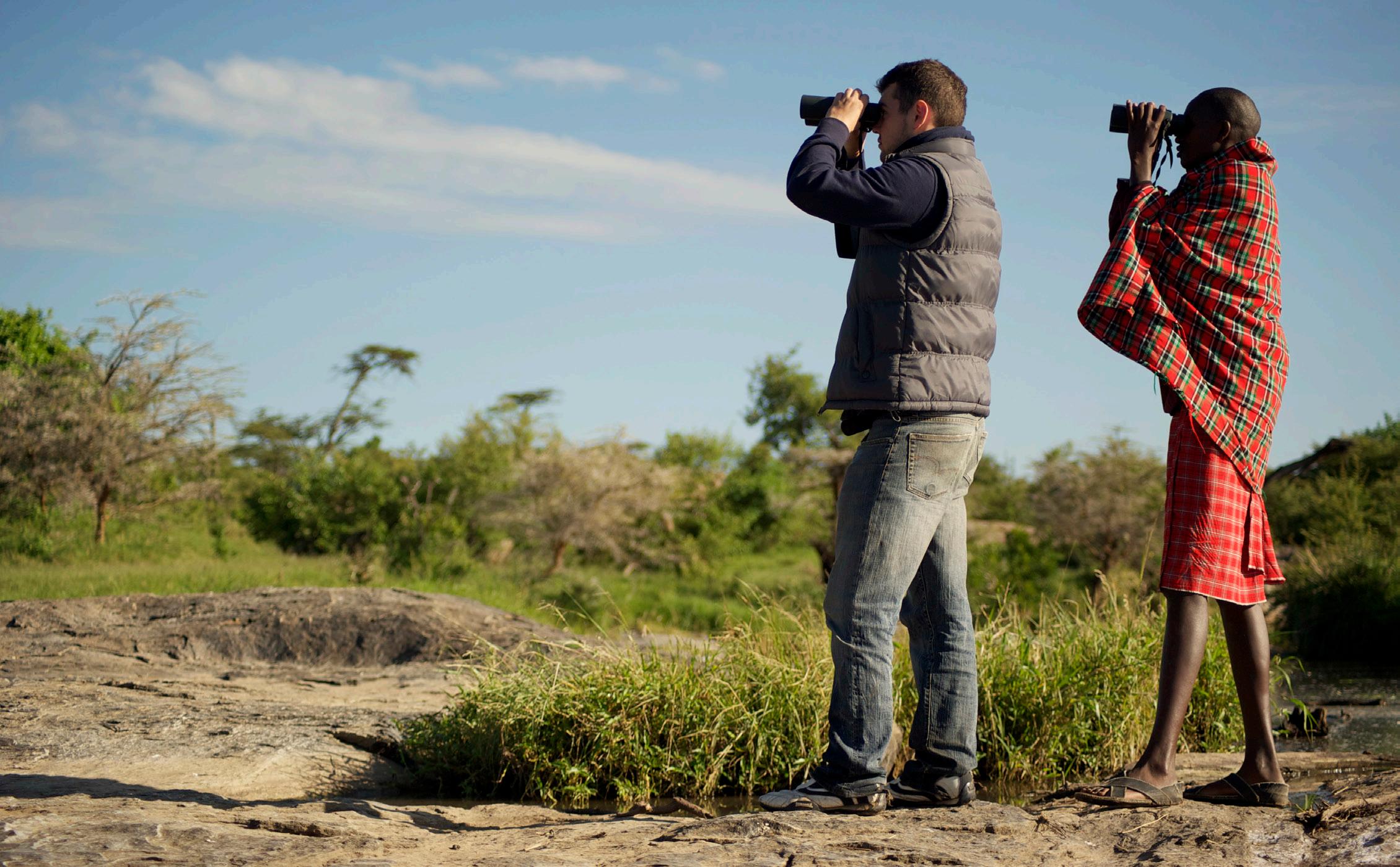
41.


 — Chinua Achebe
— Chinua Achebe

 Academic Director
Academic Director






















 Lead Facilitator (Zimbabwe and Ghana)
Lead Facilitator (Zimbabwe and Ghana)
 - Adrian Maarschalk, Operations Director
- Adrian Maarschalk, Operations Director


 Professor Stewart Thompson Oxford Brookes University
Professor Stewart Thompson Oxford Brookes University










